One Hit Wonder Of The ’70s That’ll Make You Feel Nostalgic
The '70s were a decade for incredible music. Hits from this era of music put a spin on rock and R&B as the other half of the world dove into disco. While artists made iconic hits of the '70s some of them barely lasted a year on the U.S. charts, let alone the decade.
A one-hit-wonder doesn't necessarily mean the artist reached the number one spot on the Billboard charts. Wikipedia explains the term perfectly, "A one-hit wonder is any entity that achieves mainstream popularity, often for only one piece of work, and becomes known among the general public solely for that momentary success. The term is most commonly used in regard to music performers with only one hit single that overshadows their other work."
Keep reading to see if your favorite hits made this list!
"Turn The Beat Around" - Vicki Sue Robinson
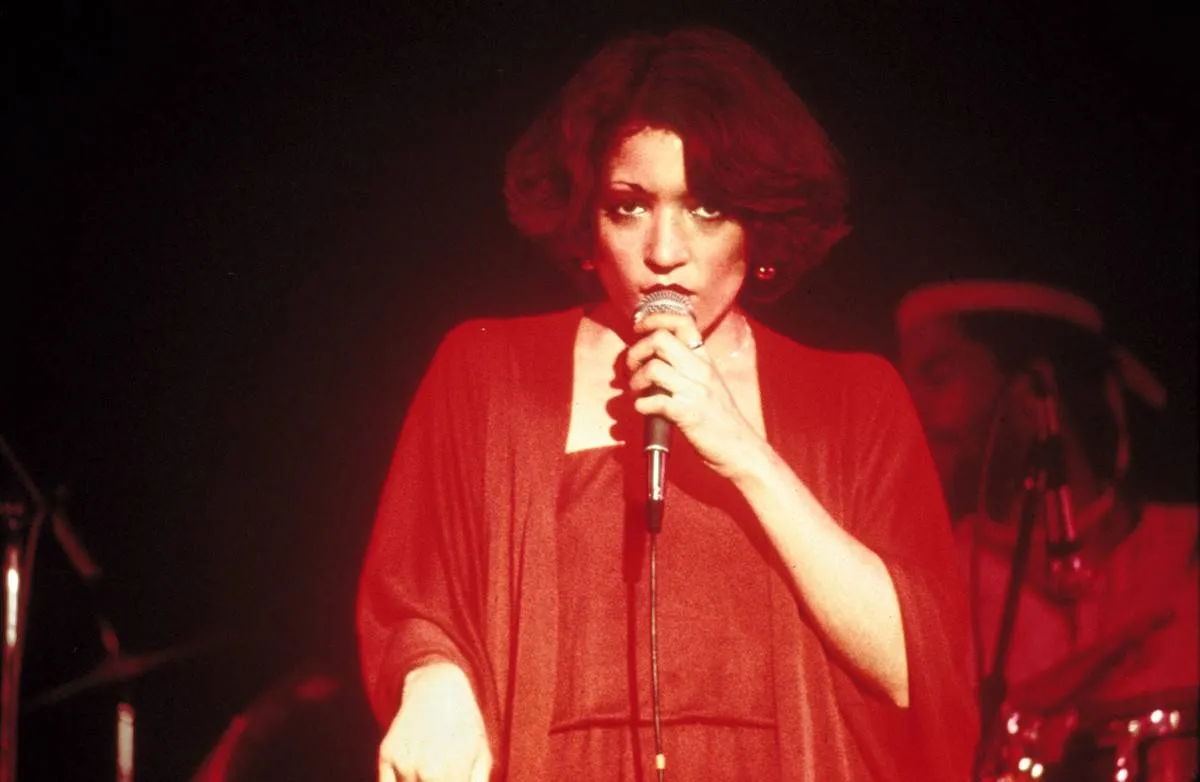
"Turn the Beat Around" is a disco 1976 song written by Gerald Jackson and Peter Jackson, but was performed by Vicki Sue Robinson. The song was featured on her debut album Never Gonna Let You Go. The song was released as the album's single and landed at No. 10 on the Billboard pop chart and No. 73 on the soul chart.
The song also earned Robinson a Grammy nomination for Best Female Pop Vocal. The song was also No. 1 on the disco chart for four weeks, and are still considered to be one of the best disco songs ever released.
"Video Killed The Radio Star" - The Buggles
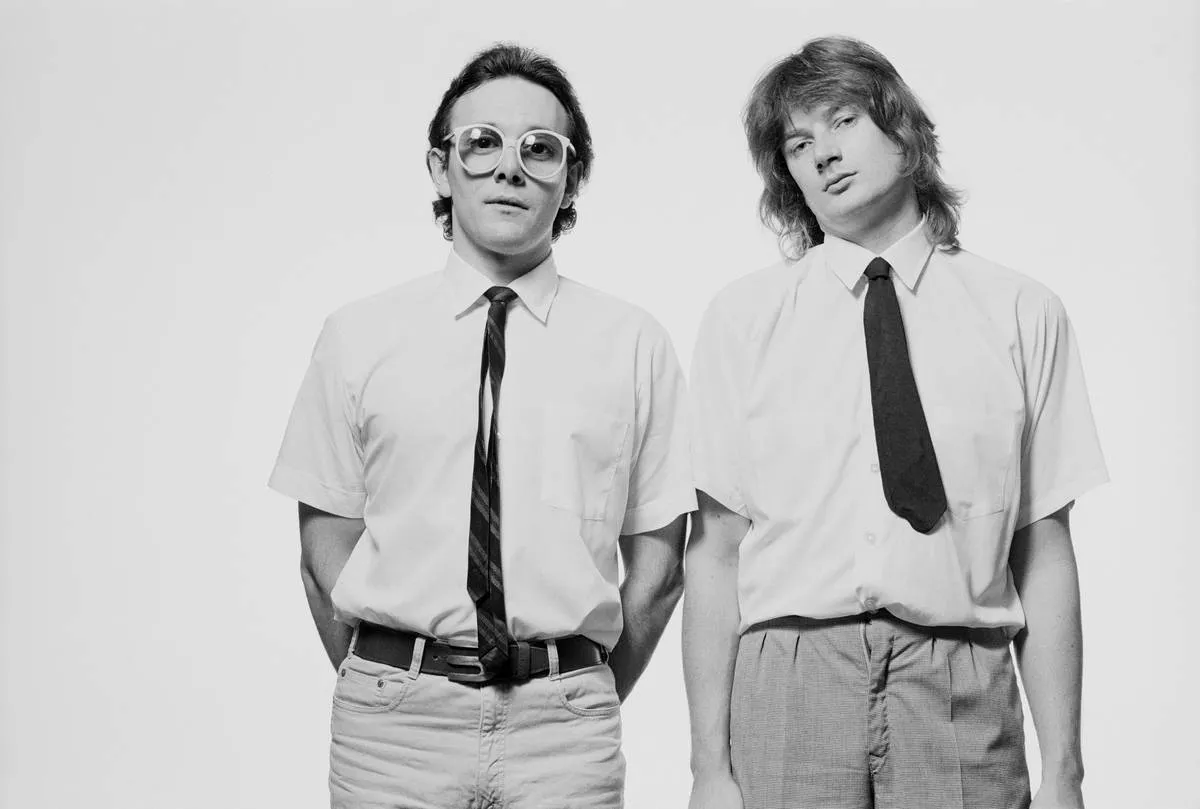
The song "Video Killed the Radio Star" was written by Trevor Horn, Geoff Downes, and Bruce Woolley. The track was first recorded by Bruce Woolley and The Camera Club. However, it was later recorded by the British group the Buggles with Horn and Downes.
It was released as their single on September 7, 1979 by Island Records and was on their first album The Age of Plastic. The song was a success and topped 16 different international music charts and made it onto the Top 40 in the United States.
"Hooked On A Feeling" – Blue Swede
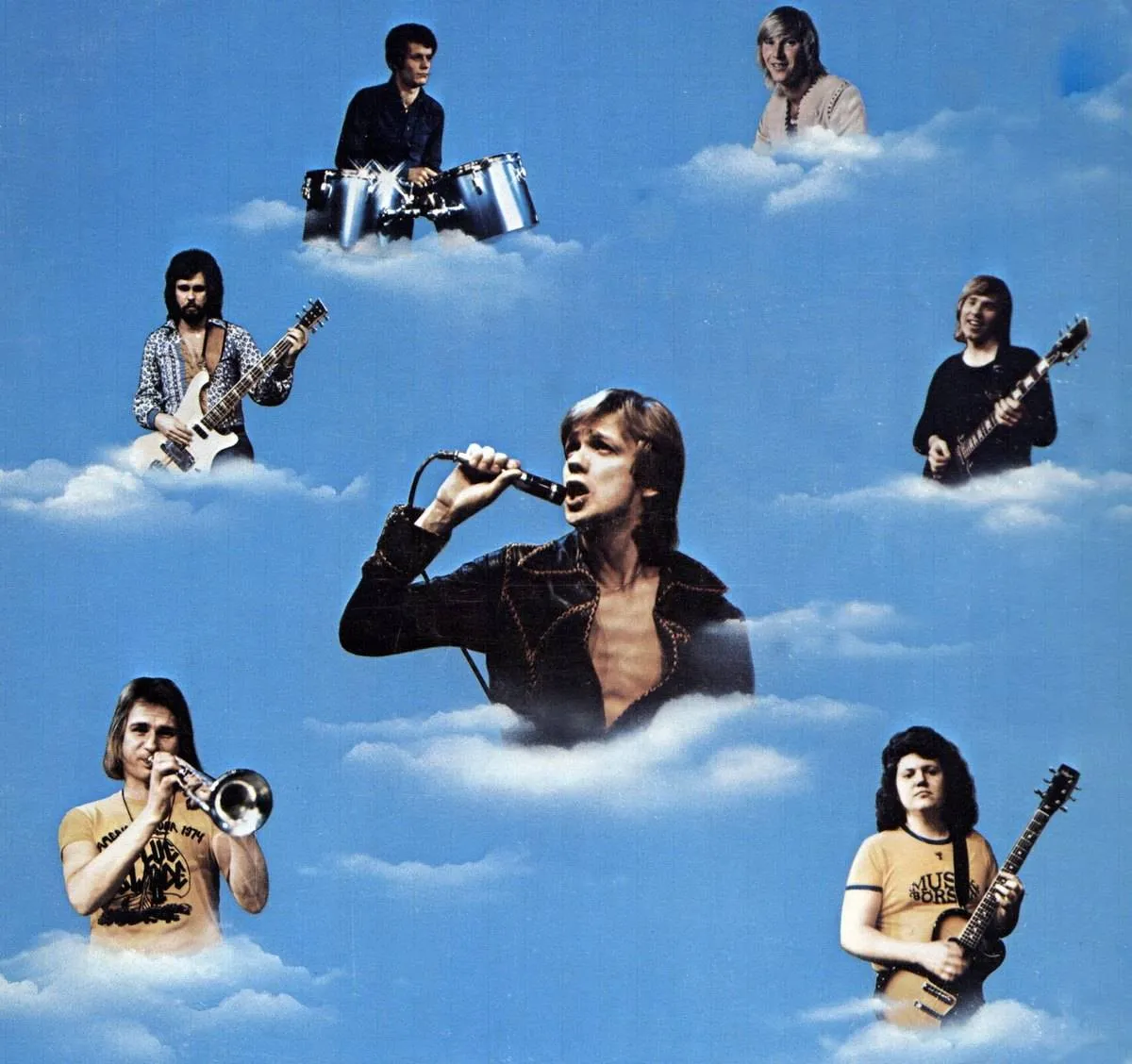
Whenever you hear a song that starts out with an "ooga-chaka," you're probably thinking you're about to hear "Hooked on a Feeling" by Swedish rock band Blue Swede. The song toped the 1974 U.S. Billboard Hot 100 upon its release, but what you might not have know is that Blue Swede didn't really write the song.
"Hooked on a Feeling" was originally sung by American pop artist B.J. Thomas in 1968, but his version peaked at No. 5. Blue Swede's version is actually a cover of another cover, sung by British pop star Jonathan King, who injected the song with the "ooga chaka" introduction.
"The Boys Are Back In Town" - Thin Lizzy
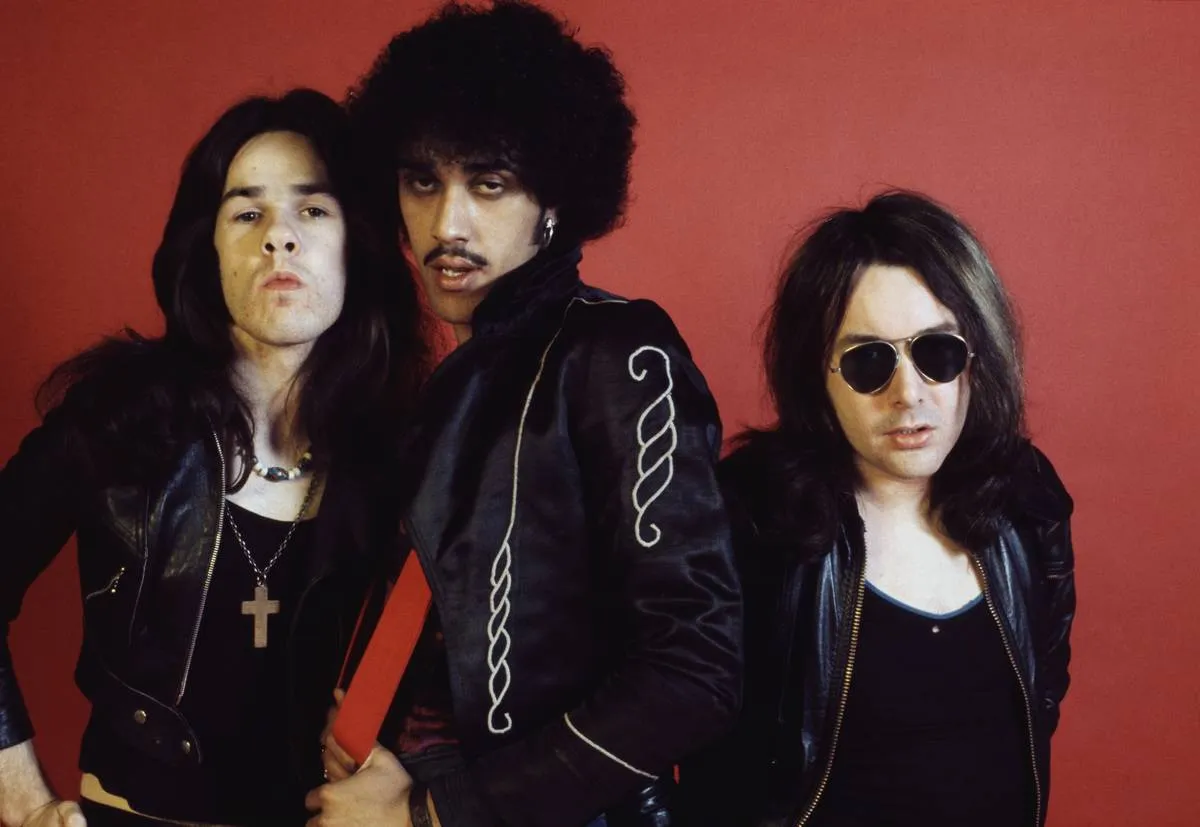
“The Boys Are Back In Town” was a single from the Irish rock band Thin Lizzy, released in 1976 off of their album Jailbreak. Originally, they decided not to put the song on the album until their manager told them that it was going to be their biggest hit.
In 2004, the song was named No. 499 in Rolling Stones 500 Greatest Songs Of All Time and won a 1976 NME Award For Best Single. However, the band gives a lot of credit to the DJs that played t incessantly until it grew in popularity, becoming an international hit.
"Werewolves Of London" - Warren Zevon
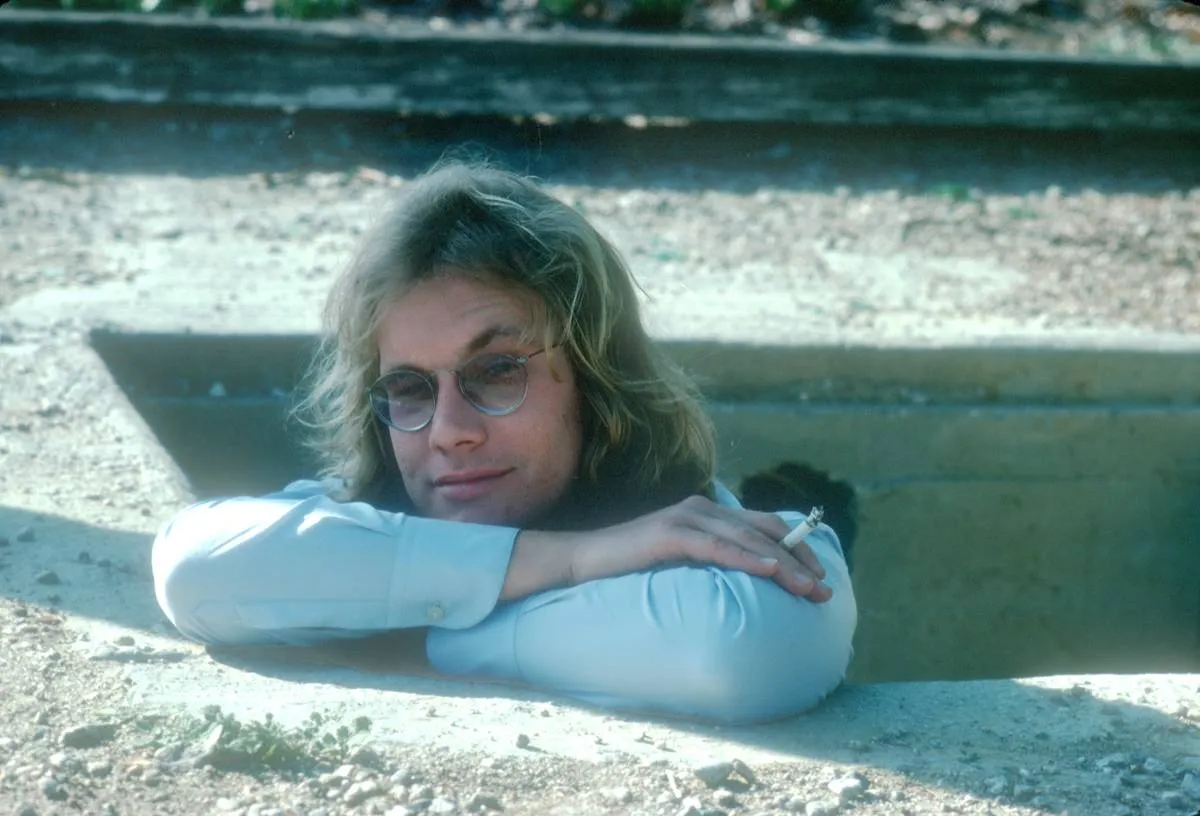
"Werewolves of London" was a song performed by singer-songwriter Warren Zevon although it was composed by Zevon, LeRoy Marinell, and Waddy Wachtel. The song was included on the album Excitable Boy in 1978, Zevon's third solo album. The single was released by Asylum Records and quickly rose to become #21 on the Top 40 that May.
On the song, Zevon comments " I don't know why that became such a hit. We didn't think it was suitable to be played on the radio. It didn't become an albatross. It's better that I bring something to mind than nothing. There are times when I prefer that it was "Bridge Over Troubled Water", but I don't think bad about the song. I still think it's funny."
"Rapper's Delight" – Sugarhill Gang
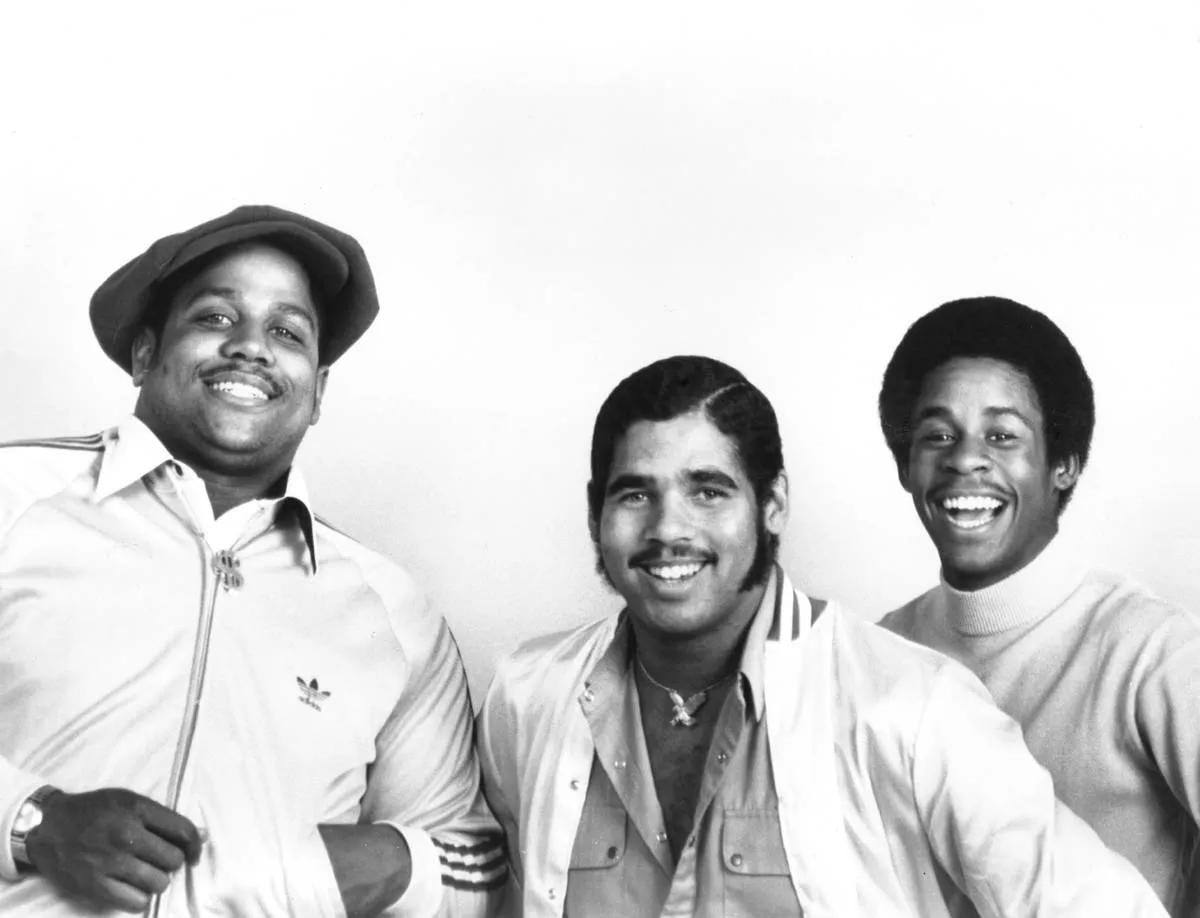
Rap was in its earliest forms throughout the '70s, but the niche was largely considered a fad outside of the Bronx, which is why big record companies weren't producing any rap tracks. That began to change with 1979's "Rapper's Delight" by The Sugarhill Gang.
Though the song was barely able to break the Top 40 on U.S. charts, it still introduced rap to mainstream audiences. After the success of "Rapper's Delight," The Sugarhill Gang never had another hit in the U.S., but they did have a glimmer of lasting success in Europe.
"Spirit in the Sky" – Norman Greenbaum
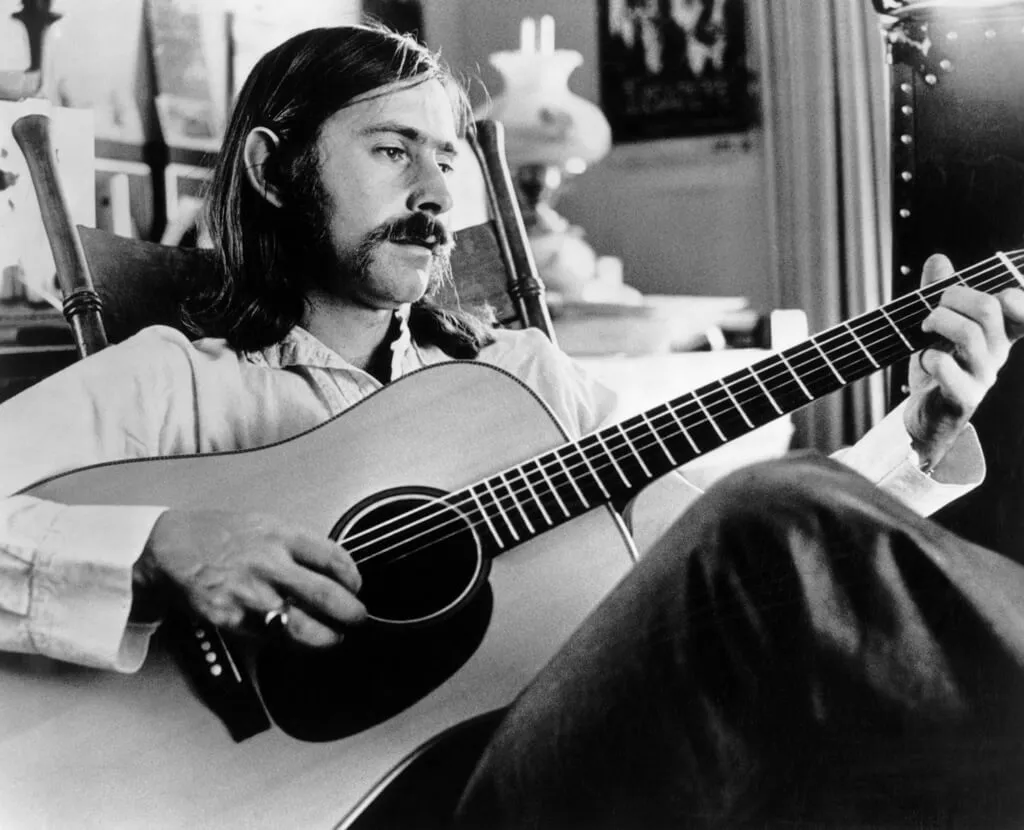
Norman Greenbaum's "Spirit in the Sky" is featured on the 1969 album of the same name. By April 1970, it reached No. 3 on the BillboardHot 100, a list it lasted on for 15 weeks. The single went gold when it sold 2 million copies within a year of its release.
Greenbaum told The New York Timesin 2006 that he was inspired to write the song after watching Porter Wagoner sing gospel on TV. "I thought, 'Yeah, I could do that,' knowing nothing about gospel music, so I sat down and wrote my own gospel song," he said.
"Kung Fu Fighting" – Carl Douglas
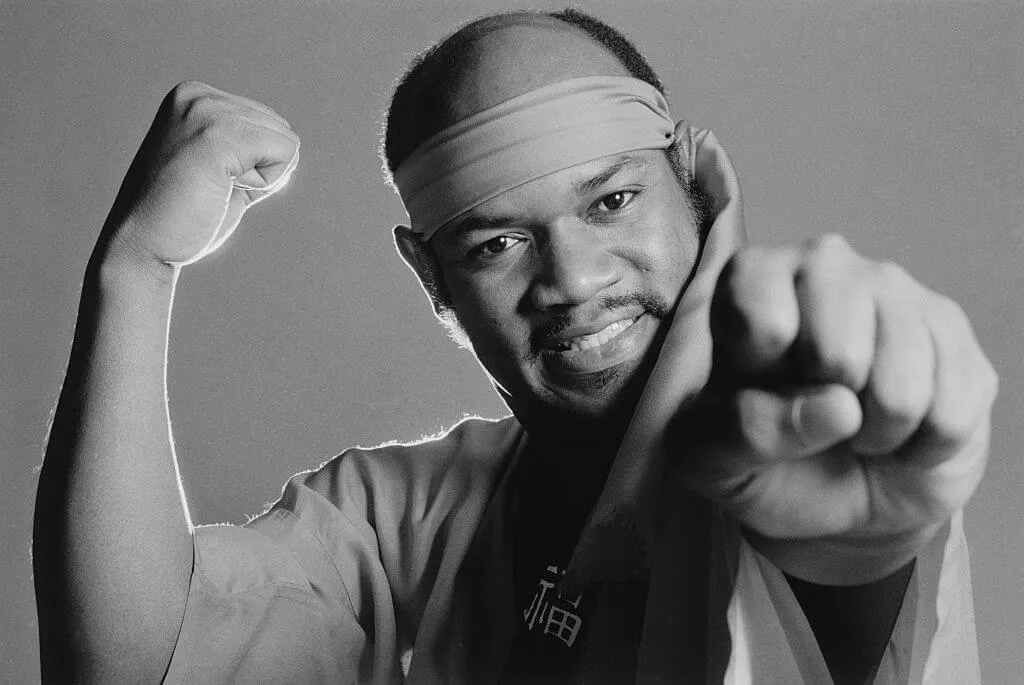
Carl Douglas' "Kung Fu Fighting" was a homage to the "chopsocky" film craze that swept the '70s. Released in 1974 in the U.K., "Kung Fu Fighting" became an international hit that sold 11 million records worldwide.
"Kung Fu Fighting" is remembered as one of the greatest one-hit wonders ever. The song largely overshadowed Douglas's career and as a result, it became the only song he was known for. Though he had two more mild hits, including the follow up "Dance The Kung Fu," they never saw success outside of the U.K.
"O-o-h Child" – Five Stairsteps
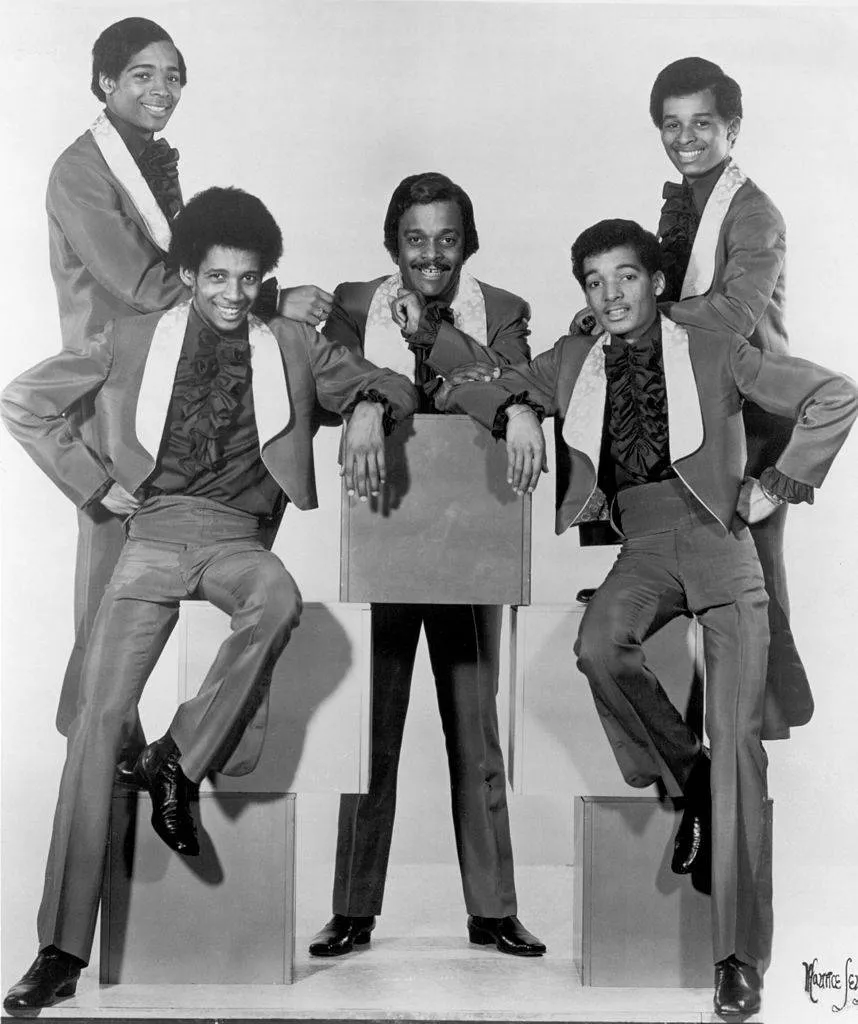
"O-o-h Child" is a song whose title you probably sing in your head as you read it. Released as a 1970 single by Five Stairsteps, the song peaked at No. 8 on the BillboardHot 100 charts that summer.
Chicago-based Five Stairsteps were considered the "First Family of Soul," consisting of siblings Alohe, Clarence Jr., James, Dennis, and Keni Burke. Though they had a couple other minor hits on their discography, none matched the success of "O-o-h Child," which was their only Top 40 hit. The song has retained its popularity throughout the years for its positive, uplifting message.
"Magic" – Pilot
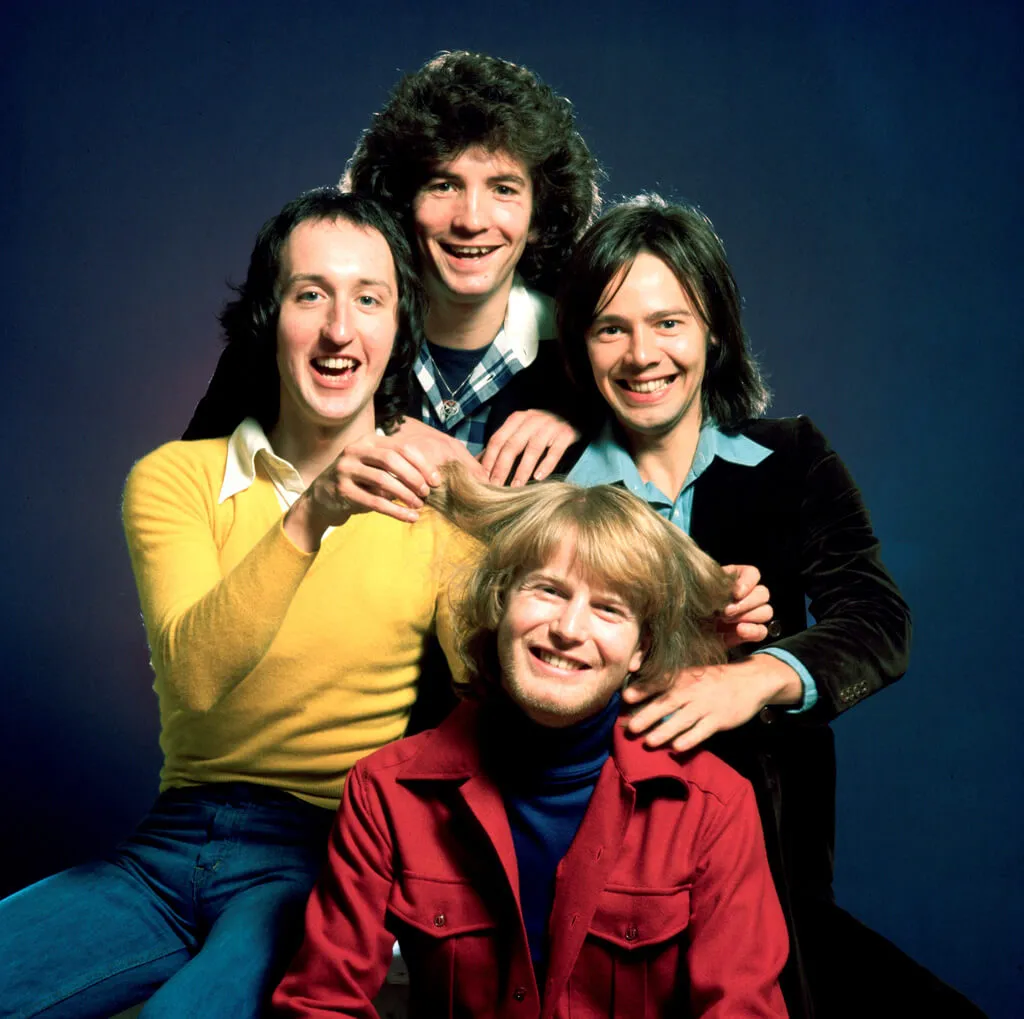
Scottish rock group Pilot released their single "Magic" in 1974. Selling upwards of one million copies, it was certified Gold within a year, peaking at No. 5 on U.S. charts. It would be Pilot's only U.S. success, as their next single "January" was only popular in the U.K. and Australia.
Pilot subsequently faded out of the American music season almost as quickly as they emerged, but people began looking them up again at the turn of the century. Renewed interest in "Magic" generated after Pillsbury used the song in a 2007 commercial. Selena Gomez also sang a cover two years later while she was still on Disney Channel's Wizards of Waverly Place.
"My Sharona" – The Knack
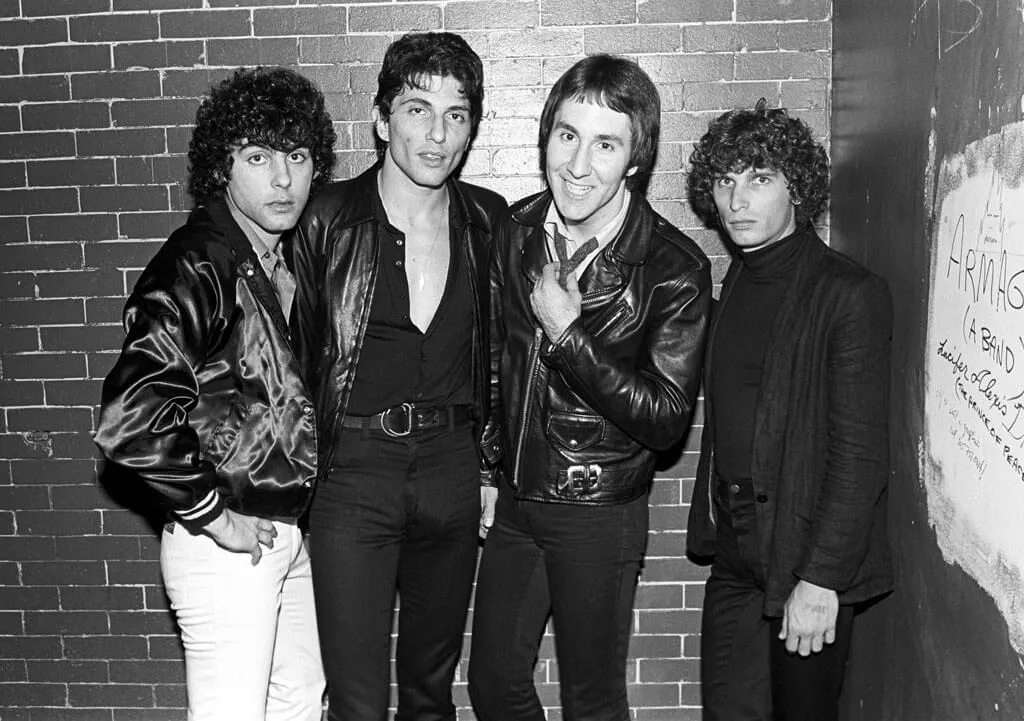
The Knack's debut single "My Sharona" was topped the BillboardHot 100 for five consecutive weeks, and became the No. 1 song of 1979. The international hit was certified Gold. Though technically it wasn't their only hit—their follow-up "Good Girls Don't" peaked at No. 11—backlash against them prevented them from attaining the same success.
People called them 'Beatles rip-offs,' also perceiving their songs to be about teenaged girls when the members of the band themselves were much older. Such accusations led San Francisco artist Hugh Brown to launch a "Knuke the Knack" campaign, which certainly hurt the band's popularity.
"Ring My Bell" – Anita Ward
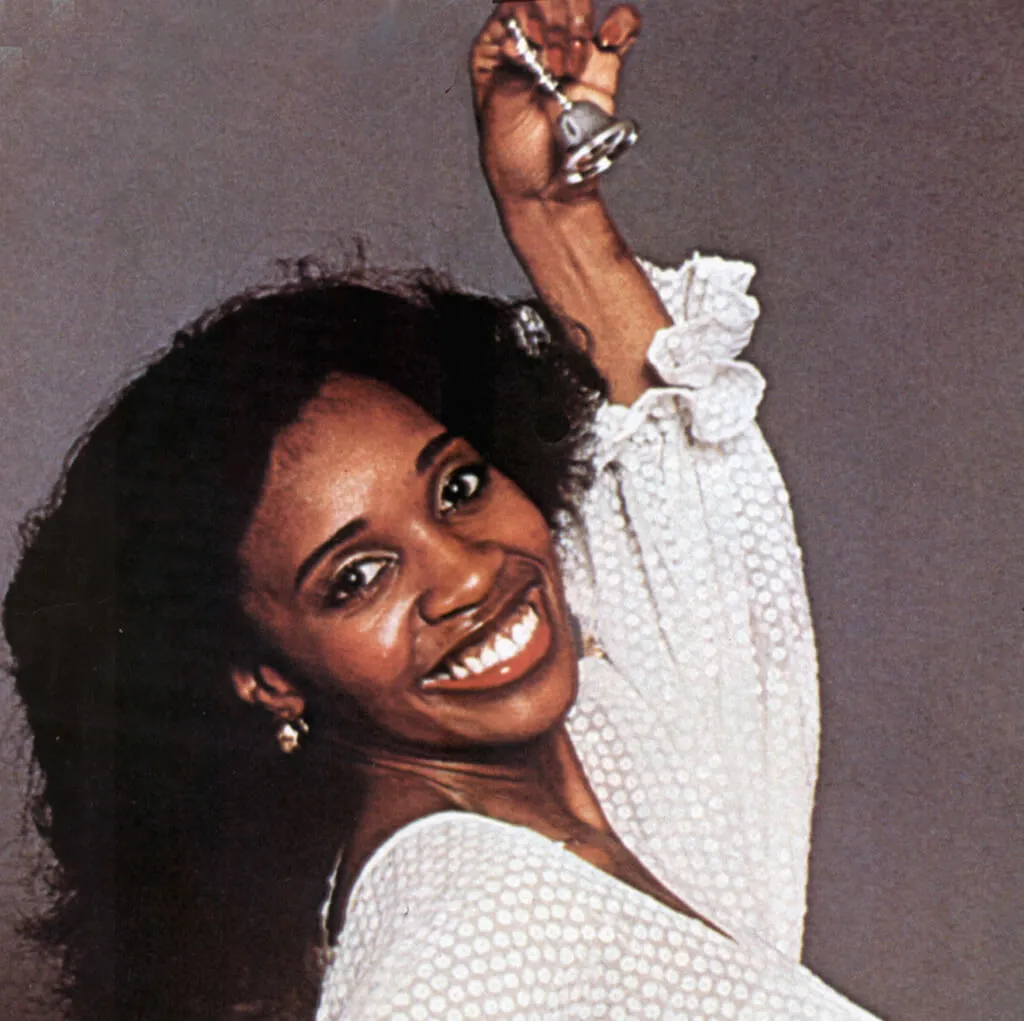
"Ring My Bell" was Anita Ward's only hit song. Released in 1979, it hit No. 1 on both the BillboardHot 100 and Soul Singles charts and earned the artist a Grammy nomination. The song's innuendo raised many eyebrows at the time, which is interesting because it was originally written for 11-year-old Stacy Lattisaw.
R&B singer Frederick Knight originally wrote the song for teens about talking on the telephone, but when Lattisaw signed with a different label, he took the song to Ward. She originally didn't like it, insisting it should capitalize on the disco trend, but even she didn't want too many suggestive lyrics, since she started out as a gospel singer.
"Afternoon Delight" – Starland Vocal Band
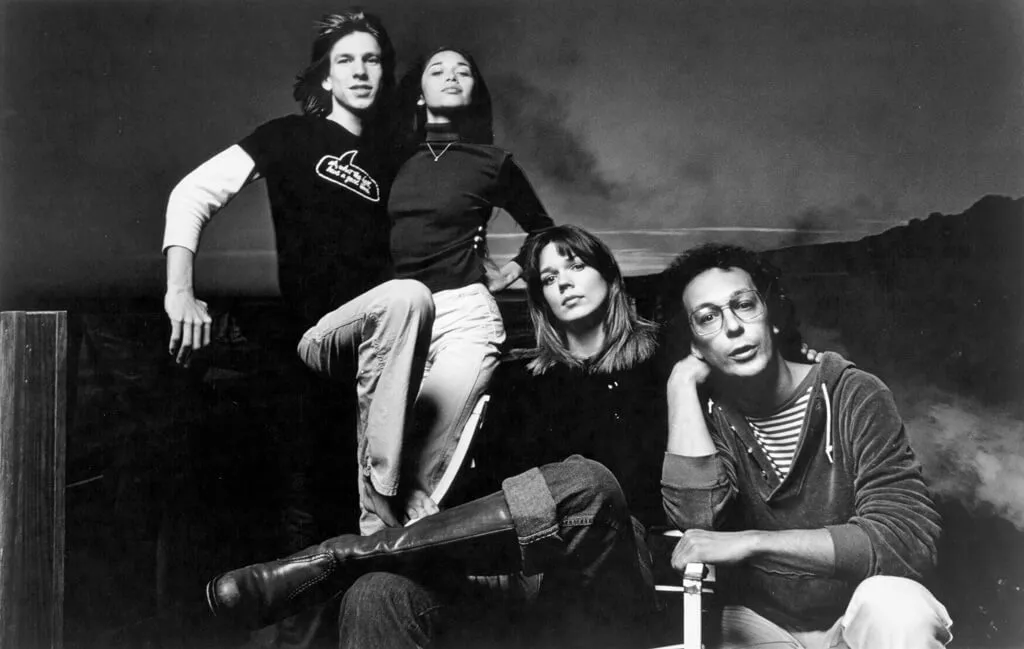
Starland Vocal Band's "Afternoon Delight" was commended for its harmonies, but it remained at the height of popularity because of its suggestive lyrics. Released in 1976, it topped theBillboardHot 100 and won two of its four Grammy nominations, including Best Arrangement for Voices and Best New Artist.
Of the latter Grammy, founding member Bill Danoff has said, "[That] was basically the kiss of death and I feel sorry for everyone who's gotten it since." The following year, the band hosted a CBS variety show, The Starland Vocal Band Show, but were unable to match the success of "Afternoon Delight."
"In the Summertime" – Mungo Jerry
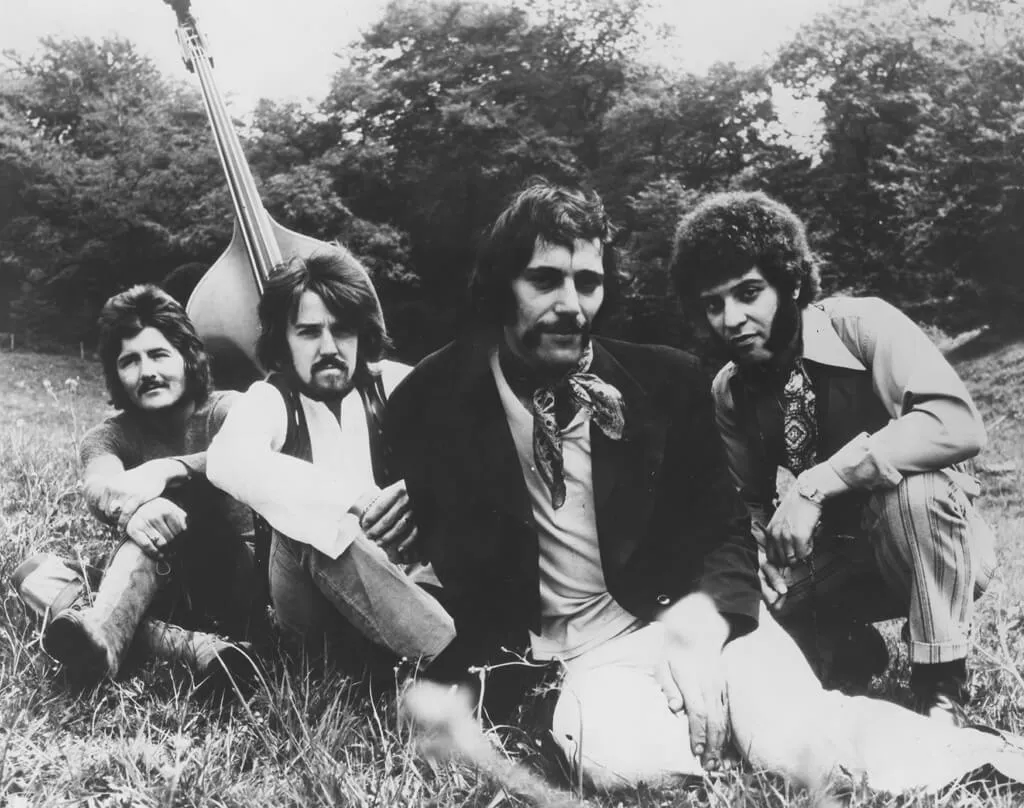
"In the Summertime" by Mungo Jerry is one of the quintessential songs of summer. When people envision summer and its inherent carefree spirit, this is probably one of the songs that comes to mind, especially if you grew up in the '70s.
Released in 1970 under the Pyre imprint Dawn Records, the single became a worldwide hit. Charting at No. 3 on the BillboardHot 100, the British band sold 10 million copies and it has since been frequently used in television and movies. The song was released as a maxi single in a picture sleeve, which was unusual at the time, making it a rare collector's item today.
"Me and Mrs. Jones" – Billy Paul
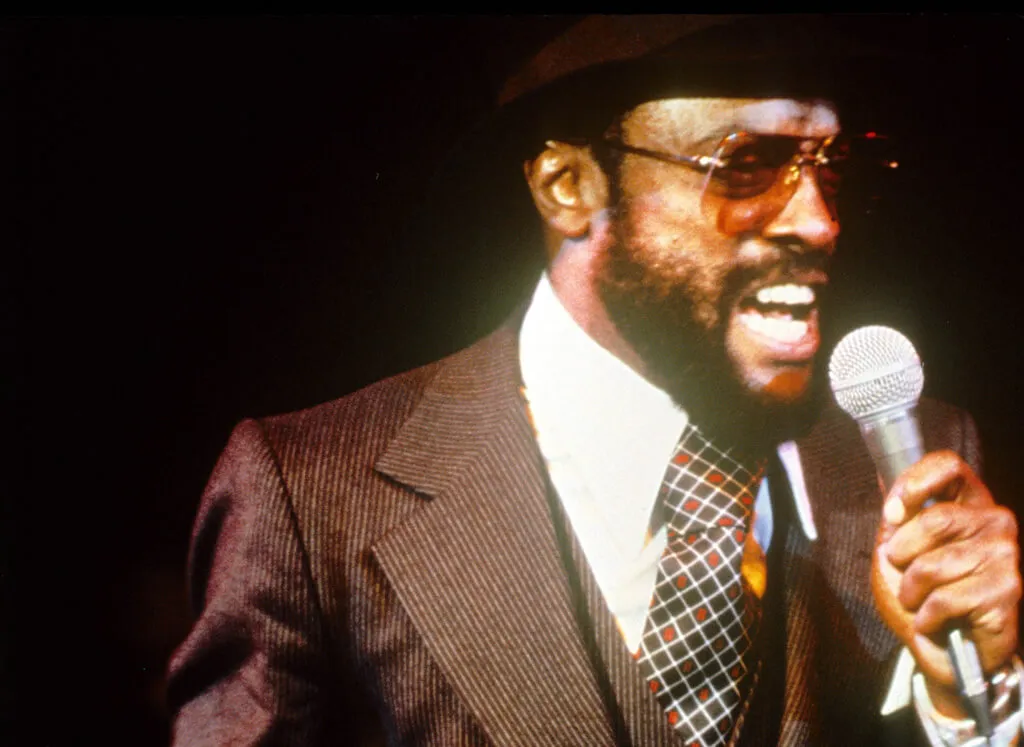
Soul singer Billy Paul was looking for his big break when producers Gamble and Huff helped him create "Me and Mrs. Jones." The single remained in the No. 1 spot on the charts for the last three weeks of 1972, becoming certified platinum upon selling two million copies.
Billy Paul won a Grammy for the song, which has been covered throughout the years by the likes of the Dramatics, Freddie Jackson, and Michael Bublé. Unfortunately, Paul's follow-up single, "Am I Black Enough for You?," failed to match its predecessors' success. The song evoked a Black Power message that didn't bode well with mainstream radio.
"You Light Up My Life" – Debby Boone
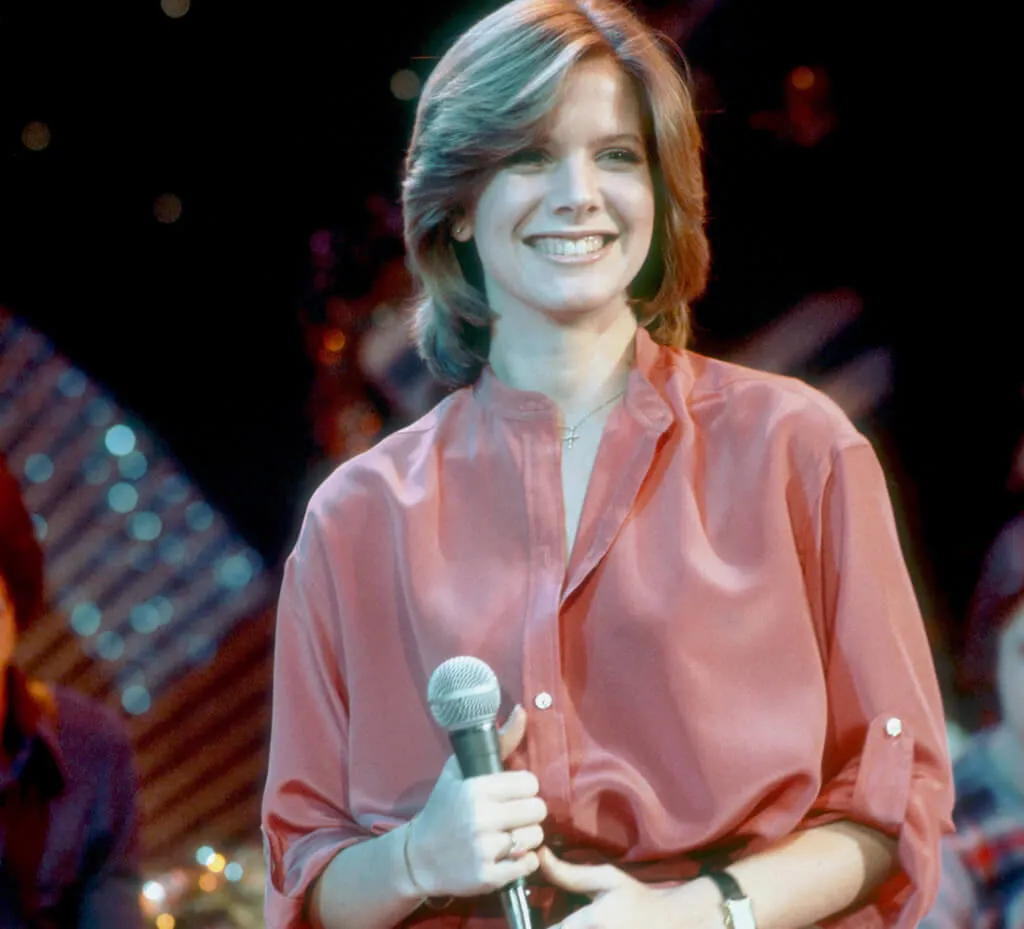
Debby Boone's "You Light Up My Life" spent an unprecedented ten consecutive weeks at No. 1 on the BillboardHot 100 in 1977. Boone won a Grammy for Best New Artist and an American Music Award for Favorite Pop Single.
"You Light Up My Life" was originally written for the 1977 film of the same name and sung by Kasey Cisyk. Boone's cover of the song is still considered to be in the top ten songs of all songs that have charted on the BillboardHot 100. She subsequently took on a country career, but never matched the success of the song that made her famous.
"I Love The Nightlife" – Alicia Bridges

Lovers of disco would remember Alicia Bridges' "I Love the Nightlife" from 1978. The song peaked at No. 5 on the BillboardHot 100 and No. 2 for two consecutive weeks on the disco charts. The song is considered a crossover hit, as it was reportedly even played at country music radio.
The song is widely regarded as a disco track, especially since it's about a woman leaving a man to go to the disco. However, Bridges herself reportedly didn't even like disco. She never matched the success of "I Love the Nightlife," due in part to her refusal to do a full disco album.
"Play That Funky Music" – Wild Cherry
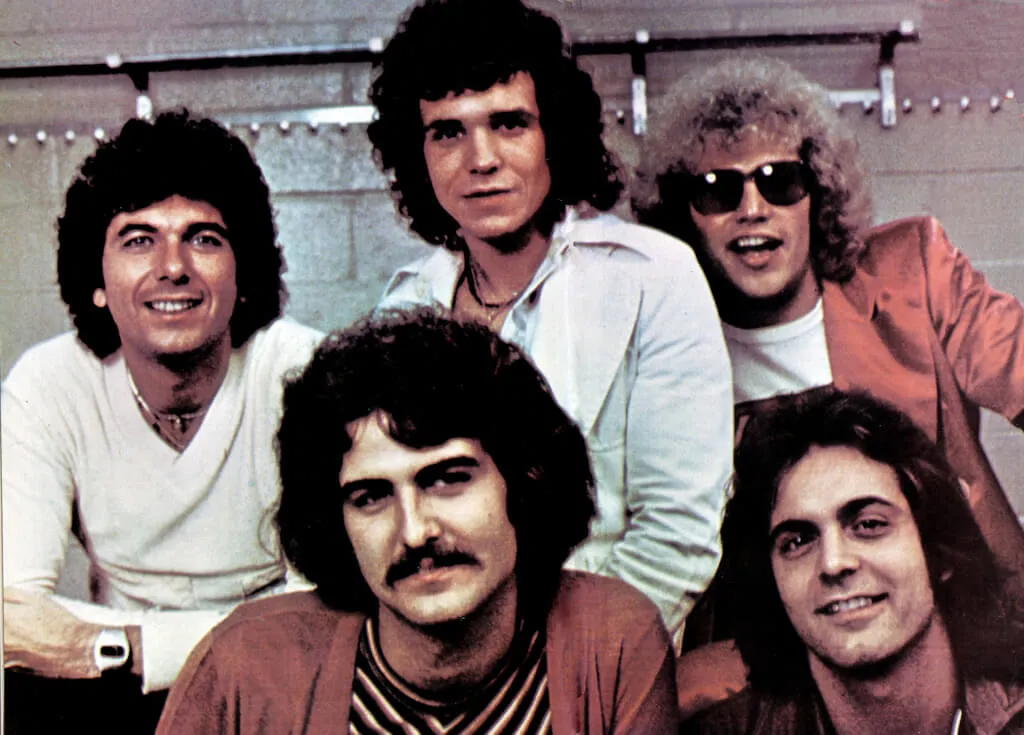
"Play That Funky Music" was a No. 1 single on the BillboardHot 100 when it debuted in 1976. Before Wild Cherry came out with the song, they were a hard rock band who failed to impress at a club performance. This was because disco was popular at the time and one audience member shouted, "Play some funky music, white boy."
Frontman Rob Parissi took the heckler's comment to heart, taking the band back to the drawing board to become a funk band. Despite the success of "Play That Funky Music," it would turn out to be Wild Cherry's only hit.
"Why Can't We Live Together" – Timmy Thomas
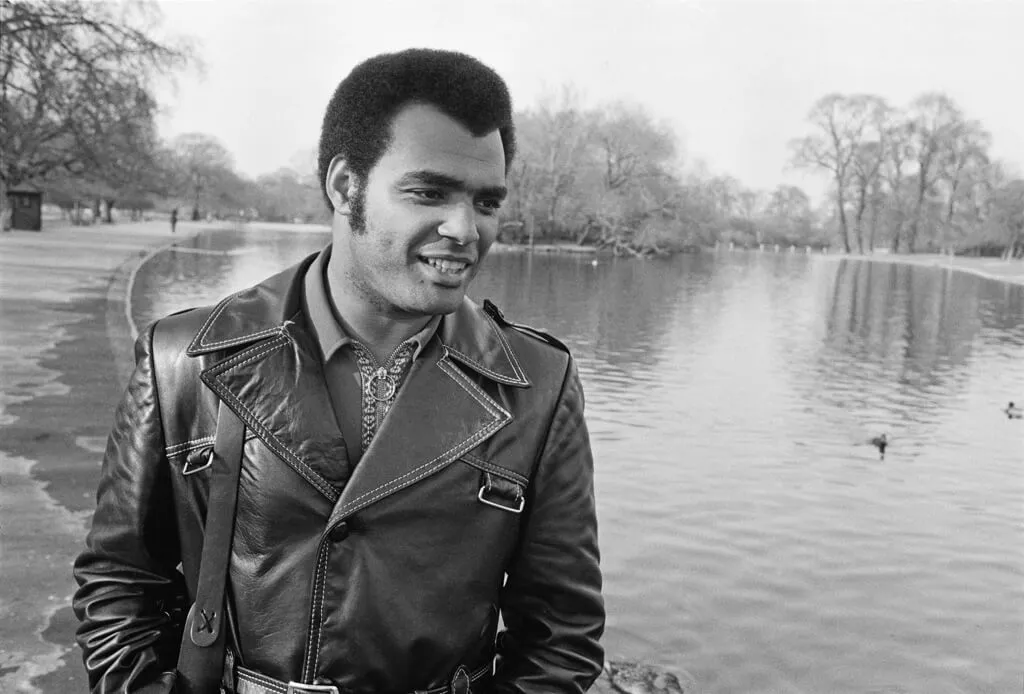
When kids hear the bossa nova-style percussion and Lowrey organ at the start of Drake's 2015 banger "Hotline Bling," what they're actually listening to is the 1979 track "Why Can't We Live Together" by R&B musician Timmy Thomas.
Performed completely solo by Thomas, "Why Can't We Live Together" peaked at No. 3 on the U.S. charts during the early '70s. Of Drake sampling his biggest hit, Thomas told Spin, "Can you believe, I had a top-three song in 1973, of this same music... and his is No. 4? That's incredible! Think about how honored I should feel that I would have [such success with] the same song, twice in a lifetime..."
"Pop Muzik" – M
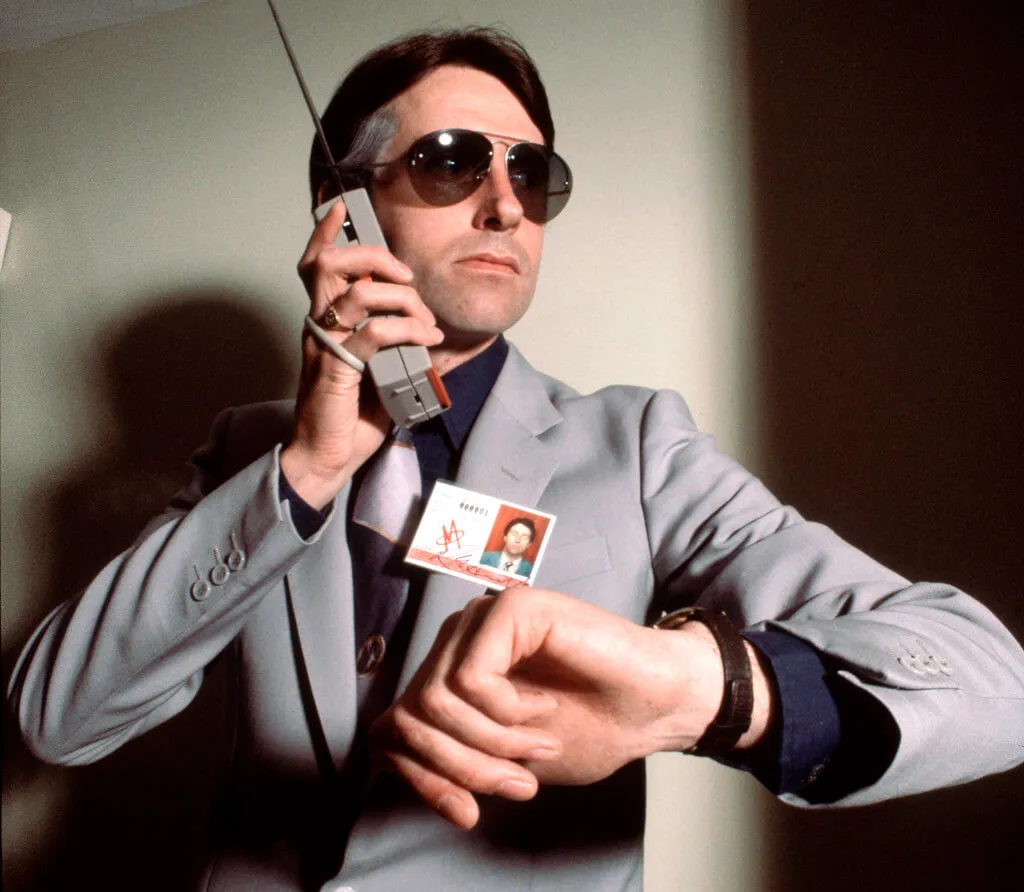
British band M released "Pop Muzik" in 1979. The song perhaps ushered in a new sound and is credited as one of the first songs in the emerging "New Wave" genre. After debuting in North America, the song quickly topped the Billboard Hot 100.
The band M is a project of musician Robin Scott, who originally wrote "Pop Muzik" with a R&B and funk style. He later would say, "I was looking to make a fusion of various styles which somehow would summarise the last 25 years of pop music. It was a deliberate point I was trying to make."
"Venus" - Shocking Blue
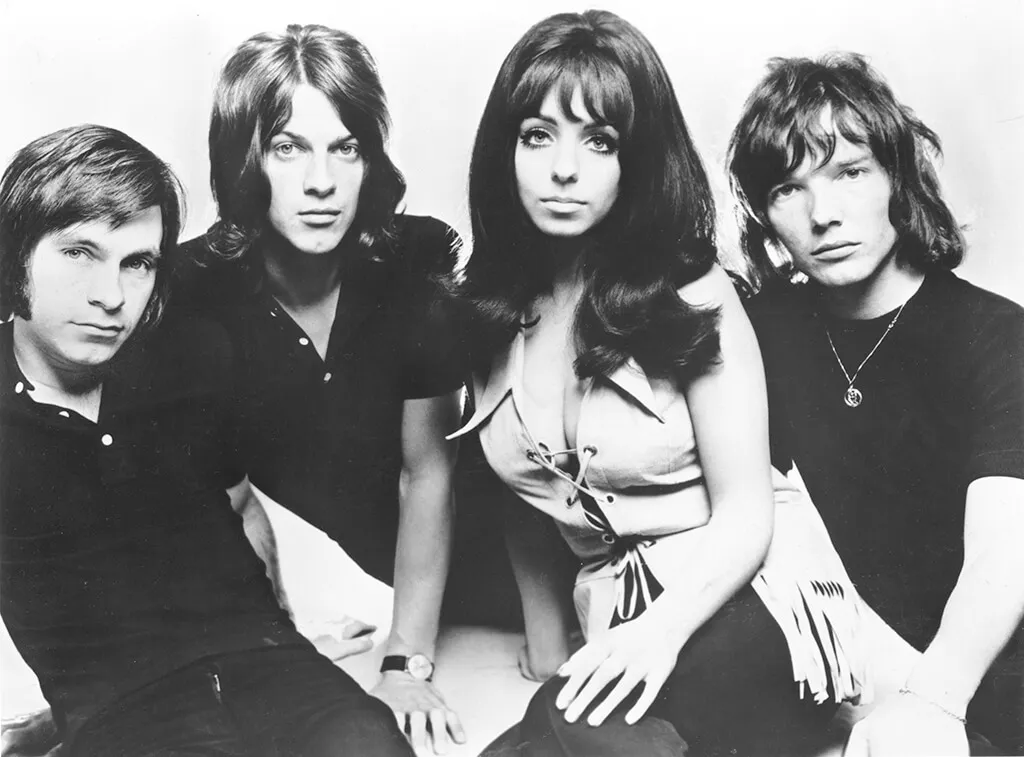
"Venus" was released written by Dutch musician Robbie van Leeuwen in 1969 and was released by his band Shocking Blue in 1970. The song would go on to reach No. 1 in nine different countries. The song was released as a single on the group's third album,Scorpion Dance.
The song went on to sell more than one million copies in the US, earning itself a gold record. Worldwide, the song sold a total of more than 7.5 million copies. Today, it can still be seen in various forms of the media and is now the theme song for the company Gillette Venus.
"All Right Now" – Free
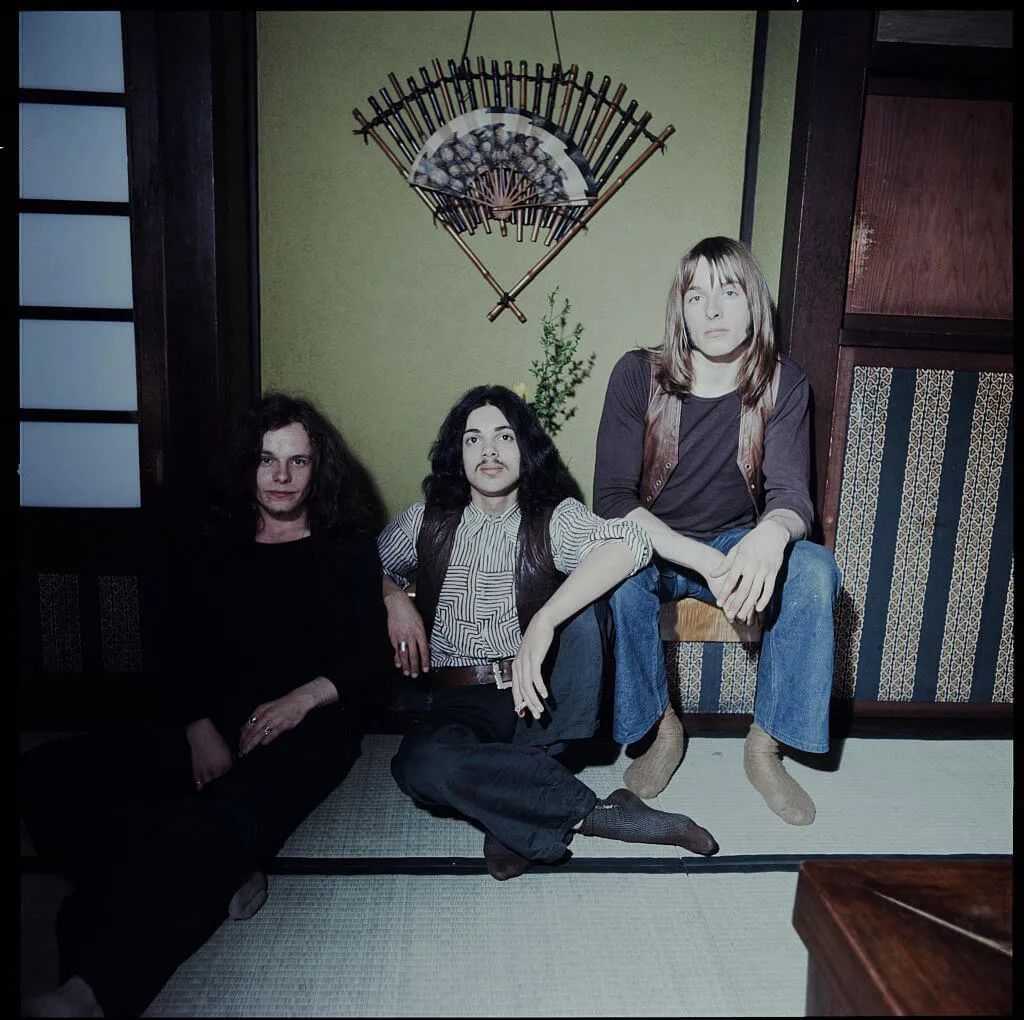
"All Right Now" charted at No. 4 on the Billboard Hot 100 when it debuted in 1970. It would be the most successful hit in America by the British band Free. In fact, it wasn't until "All Right Now" that Free saw any success, even in their native U.K.
Starting out as a blues-rock band, members of Free realized the need for an uptempo song after a performance in Durham. They finished their set and the applause died down before they even left the stage. Unfortunately, Free wasn't able to follow-up "All Right Now" with something equally as successful.
"How Long?" – Ace
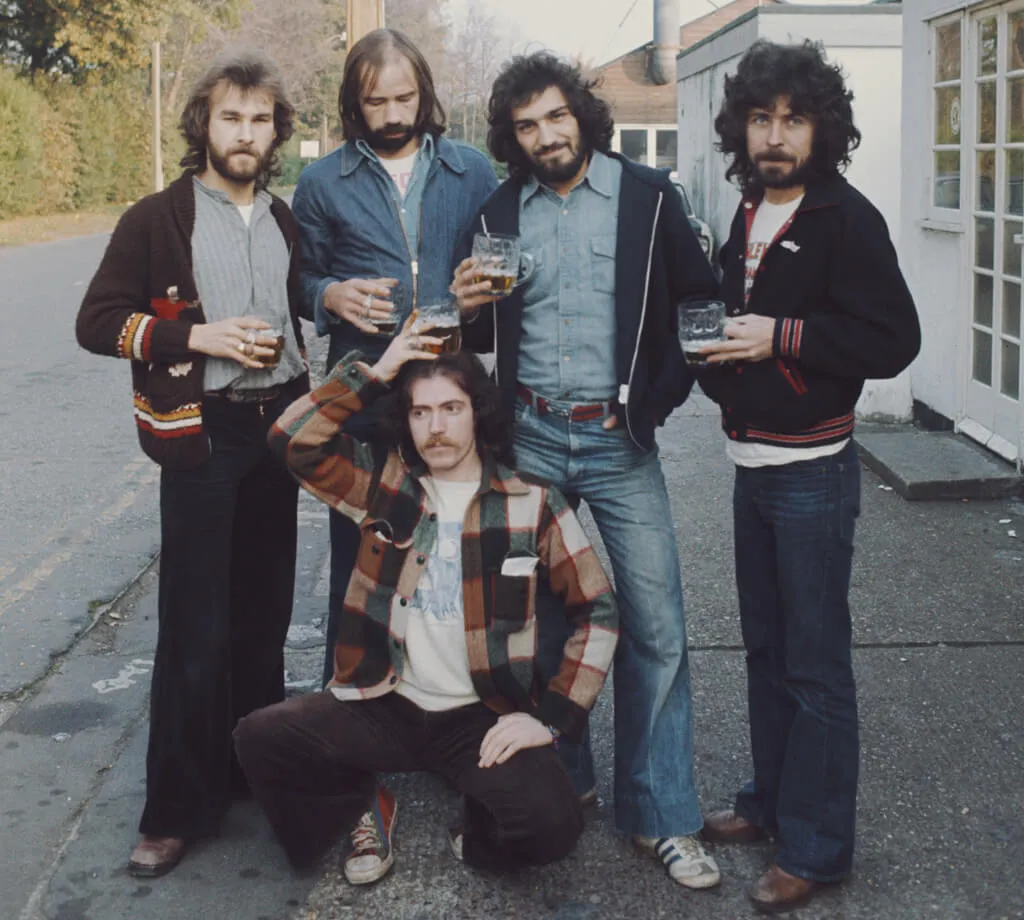
In 1974, British band Ace reached No. 3 on the Billboard Hot 100 with their song "How Long?" The song became the one Ace is most known for, despite Five-A-Side—the album it came from—doing well in its own right.
Many fans of the song believed that frontman Paul Carrack was singing about a cheating partner, but in fact, he was singing about the band's bassist Terry Comer. Carrack penned "How Long?" when he discovered that Comer was secretly working with the Sutherland Brothers and Quiver. Comer went back to the band to perform the song, but it would end up being Ace's only hit.
"Black Betty" - Ram Jam
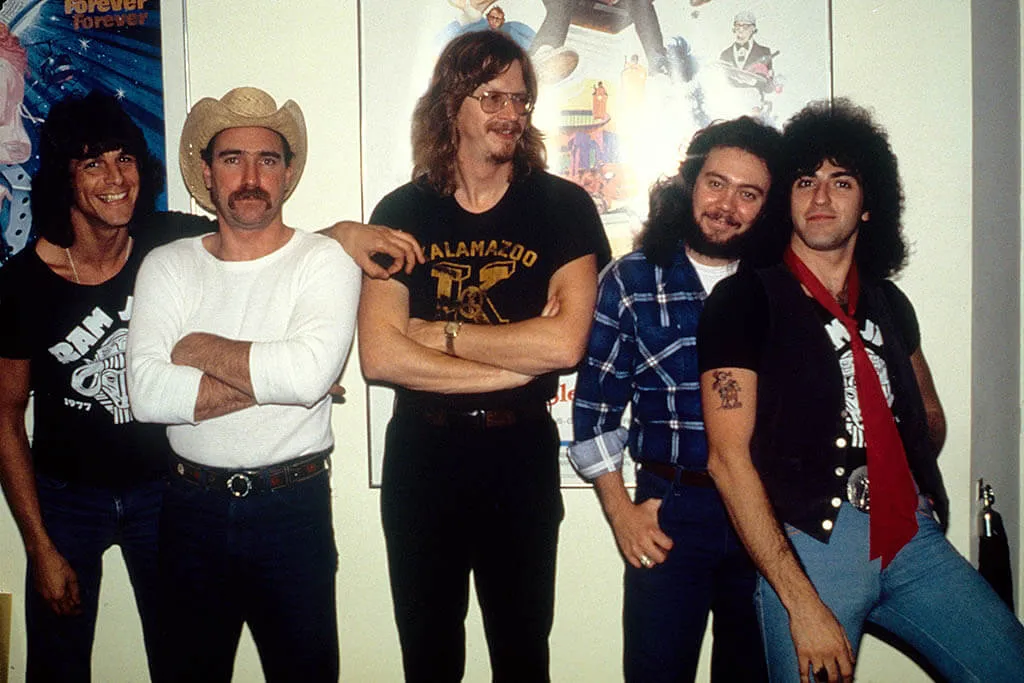
"Black Betty" is a 20th century African American work song that is often credited to Huddle "Lead Belly" Ledbetter. Although there are numerous recorded versions, the most popular by far is by the rock band Ram Jam in 1977. The band released a recording of the song with producer Jerry Kasenetz and Jeff Katz under Epic Records.
The song became immediately successful, reaching No. 18 on the charts in the United States and the Top 10 in Australia and the UK. However, the song also started some political debates, with civil rights groups and the Congress of Racial Equality calling for a boycott.
"Bang A Gong (Get It On)" - T. Rex
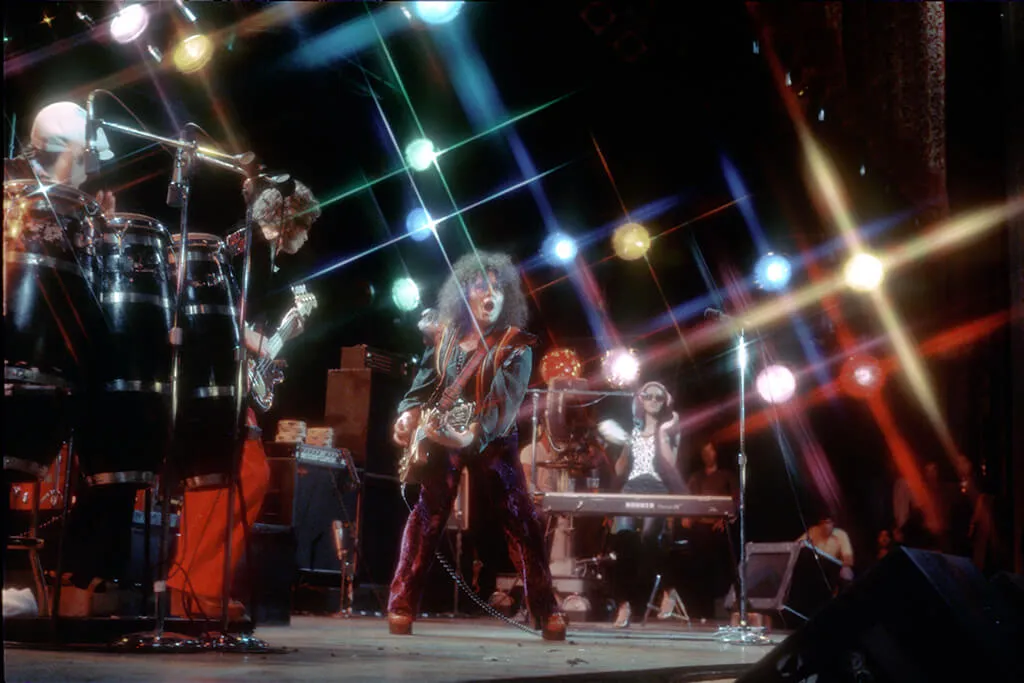
Originally titled "Get It On," the song was released by the British glam rock band T. Rex in 1971 off of their band Electric Warrior. The track was written by the band's frontman Marc Bolan, quickly becoming the band's second chart-topper on the UK Singles Chart.
In the United States, the hit song was re-titled as "Bang A Gong (Get It On)," in order to avoid confusion from a song by the same titled by the band Chase. In the United States, the song peaked at No. 10 on the US Billboard Hot 100 charts and is still considered to be a hit to this day.
"Love Hurts" - Nazareth
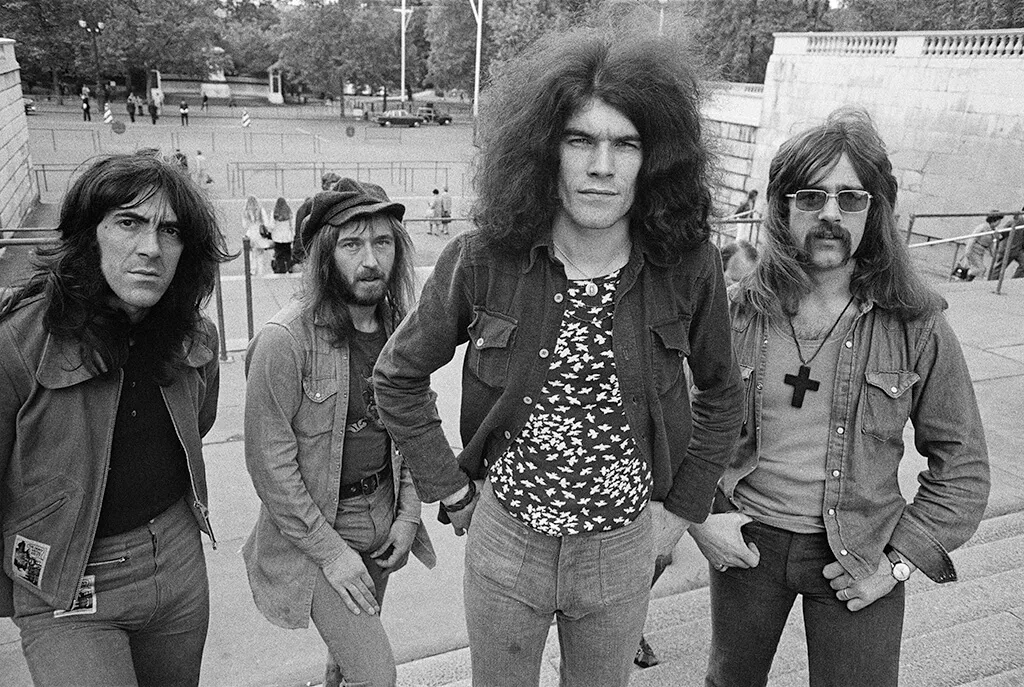
"Love Hurts" was initially written by American songwriter Boudleaux Bryant although it was first recorded by the Everly Brother in 1960. Although the song has been recorded and performed by a variety of artists over the years, the most successful version was by the rock band, Nazareth.
The group's version of the song broke the Top 10 in the United States in 1975 and was No. 1 in Norway and the Netherlands. The group managed to take the song's catchy melody and rather shallow lyrics and transform it into a rock ballad that has lasted through the ages so far.
"Hot Child In The City" - Nick Gilder
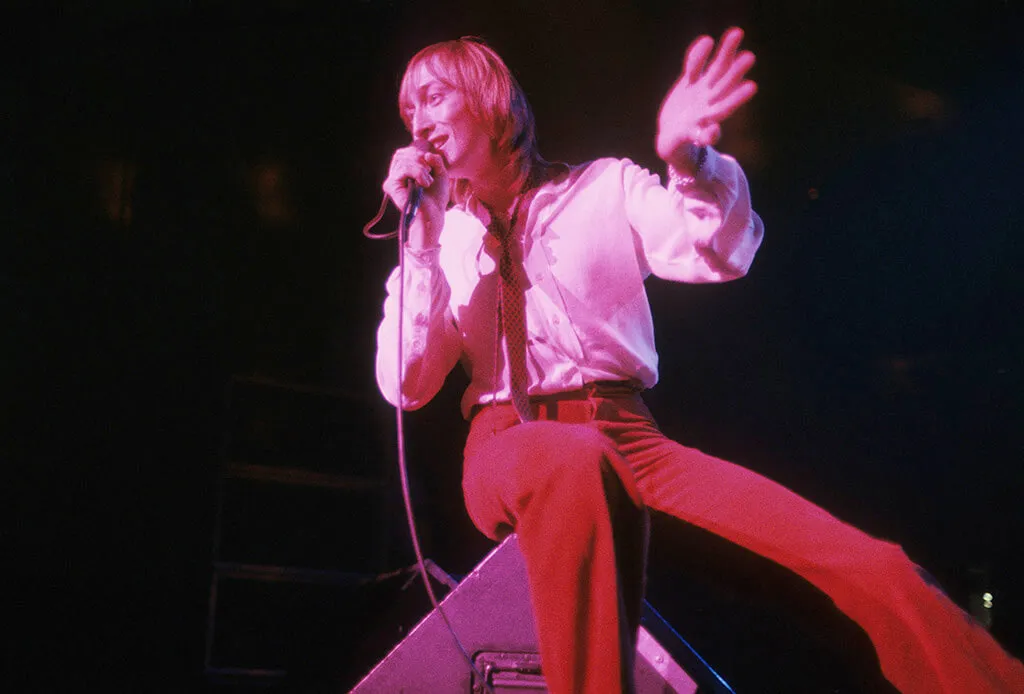
Released in June 1978, "Hot Child In the City" is a song by English-Canadian musicians Nick Gilder. It was a single off of his album City Nights that peaked at the No. 1 spot in both Canada and the United States. For the song, he won 2 Juno Awards in Canada, and a People's Choice Award in the United States.
According to the Billboard Book of Number 1 Hits, it held the record for the longest amount of time to hit the No. 1 spot. Nevertheless, the song went on to become a platinum record.
"Seasons In The Sun" - Terry Jacks
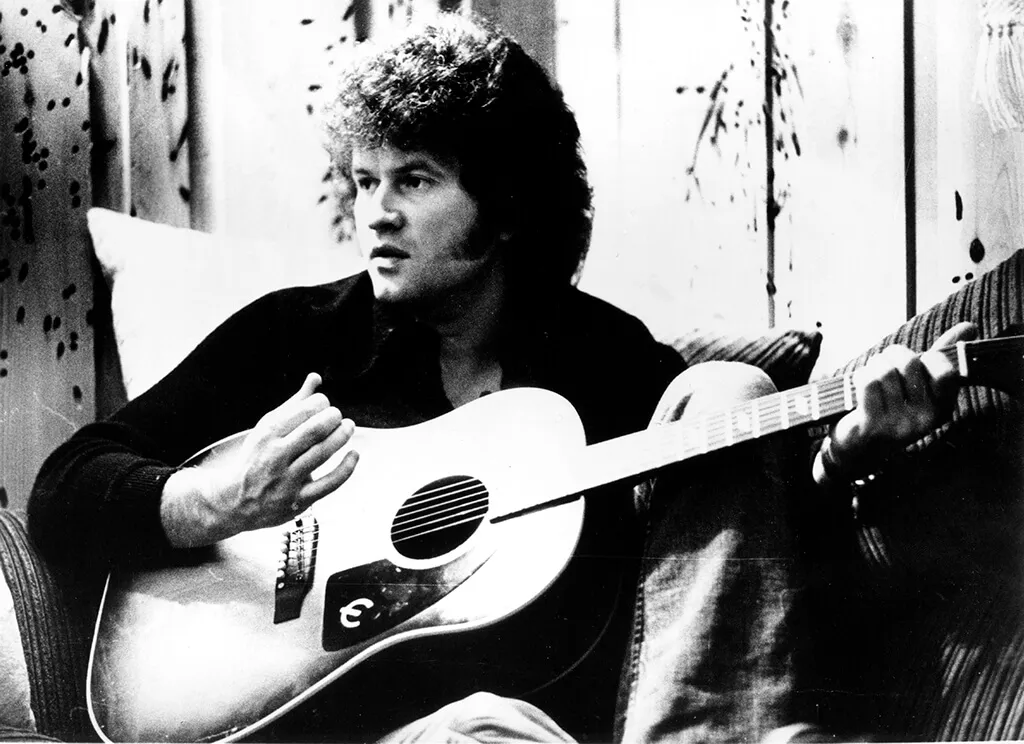
"Seasons in the Sun" is an English-language adaptation of the song "Le Moribond," by Belgian singer-songwriter Jacues Brel, with the lyrics being re-written by American singer and poet Rod McKuen. However, it became a famous hit after Canadian musician Terry Jacks recorded it along with his wife in 1973. After releasing the single in 1973 it made the Billboard Hot 100.
On March 2, 1974, the song began a three-week run at the No. 1 spot and remained in the Top 40 until Memorial Day weekend. Although the song was Jacks only hit in the United States, today it is remembered as a "bad piece of music" regardless of its success.
"From The Beginning" - Emerson, Lake & Palmer
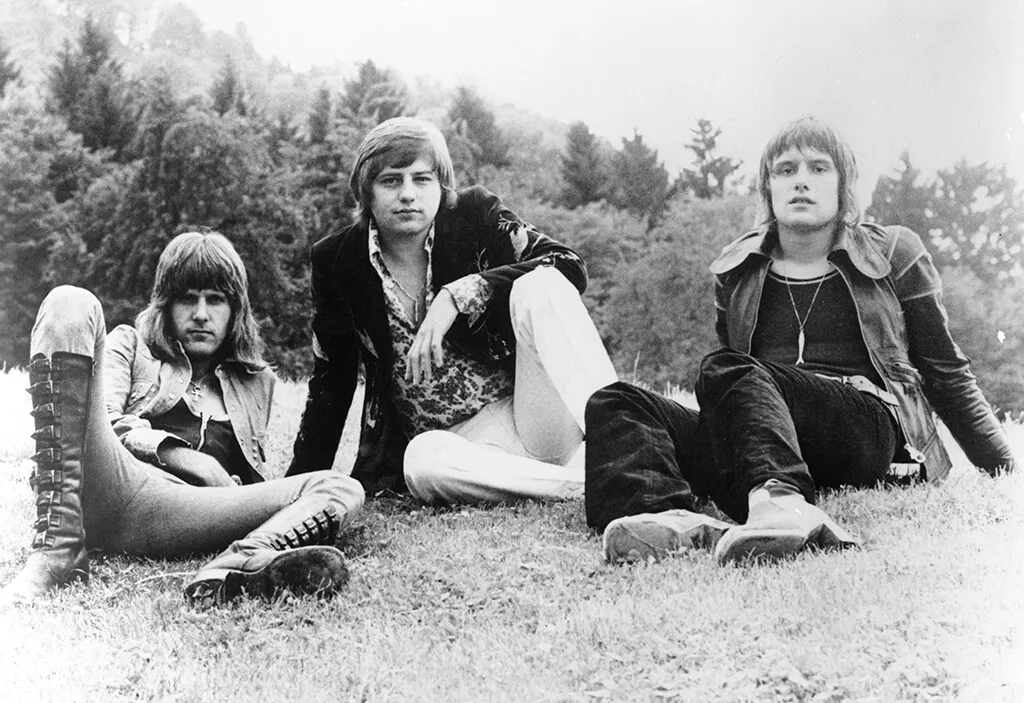
From the beginning was a song written by Greg Lake and performed by the group Emerson, Lake & Palmer o (ELP). The song was released on their 1972 album Trilogy and went to reach No. 39 in the United States and was their highest-charting song ever. The song is best-known for its composition with the combination of acoustic and layering of electric guitar.
The track was sung by Lake with drummer Carl Palmer participating in backup vocals. Over the years, the song has been covered by a variety of different bands although few have had much success with the song.
"Stuck In The Middle With You" - Stealers Wheel
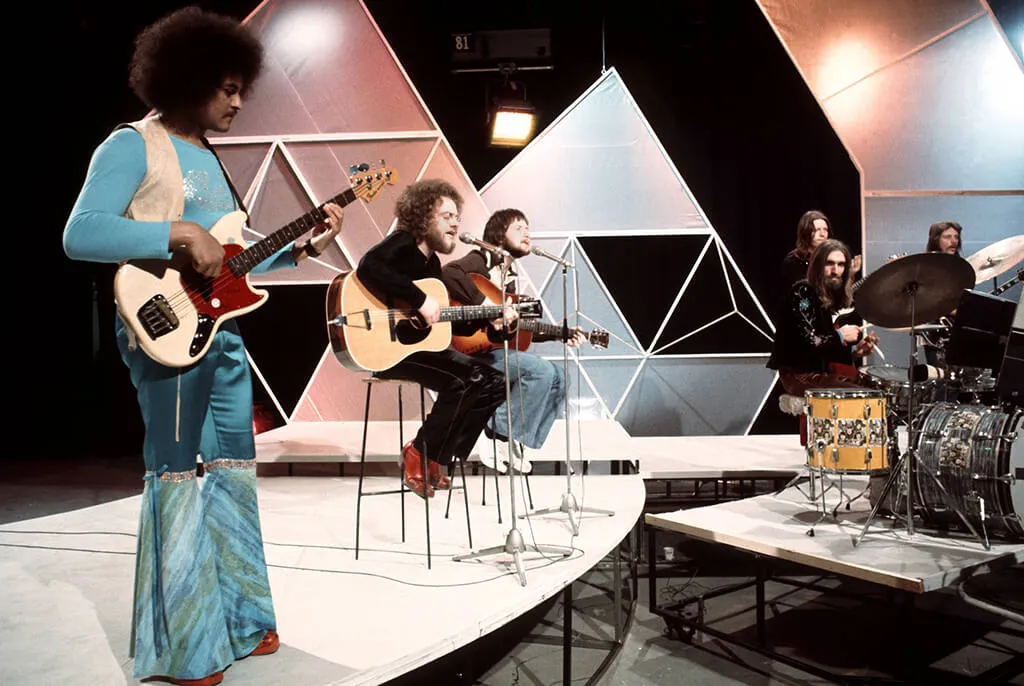
"Stuck in the Middle With You" is a song written by Scottish musicians Gerry Rafferty and Joe Egan, and performed it with their band Stealer's Wheel. The band unveiled the song during their performance on BBC's Top of the Pops in 1973.
The song went on to chart at No. 8 on the UK Singles Chart and peaked a No. 6 on the US Billboard Hot 100, making it an international hit. The song was released on the band's debut album in 1972, and was produced by Jerry Leiber and Mike Stoller. The song sold over one million copies and had a resurgence after it was featured in the film Resevoir Dogs.
"Cat's In The Cradle" - Harry Chapin
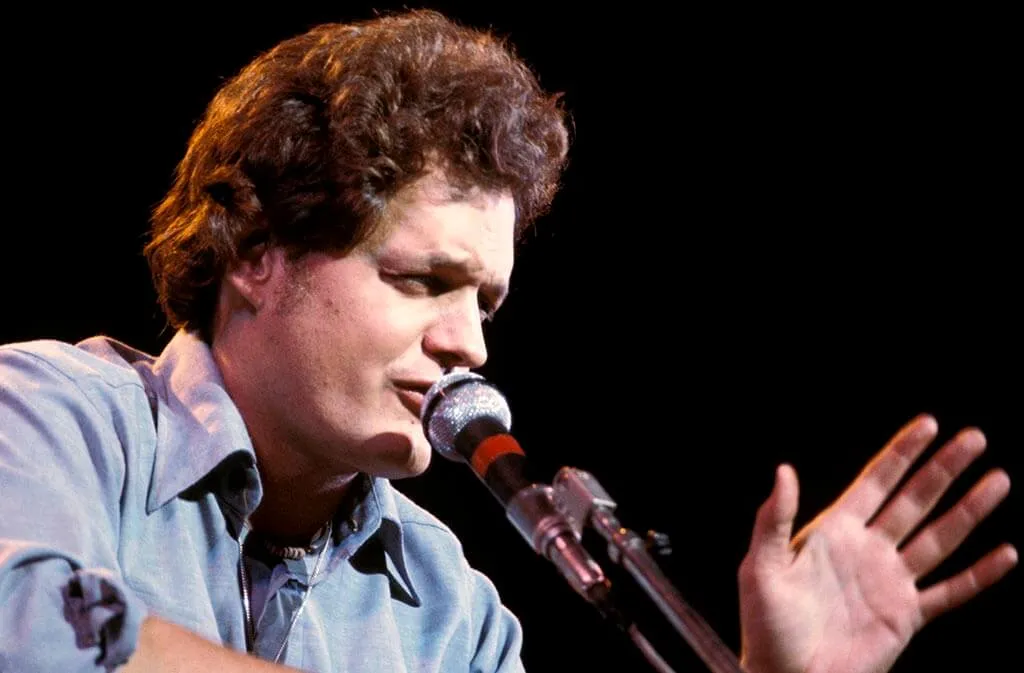
"Cat's in the Cradle" is a song by folk artist Harry Chapin from his album Verities & Balderdash. The song was released in 1974 and peaked at No. 1 on the Billboard Hot 100 in December 1974, and was Chapin's only No. 1 song. Today, it has become known as a staple of folk rock and was inducted into the Grammy Hall of Fame in 2011.
The song originated as a poem that was written by Harry's wife Sandra and was about the relationship between her first husband and his father. Chapin went on to say that the song was about his relationship with his own father and that it "scared him to death."
"Layla" - Derek And The Dominos
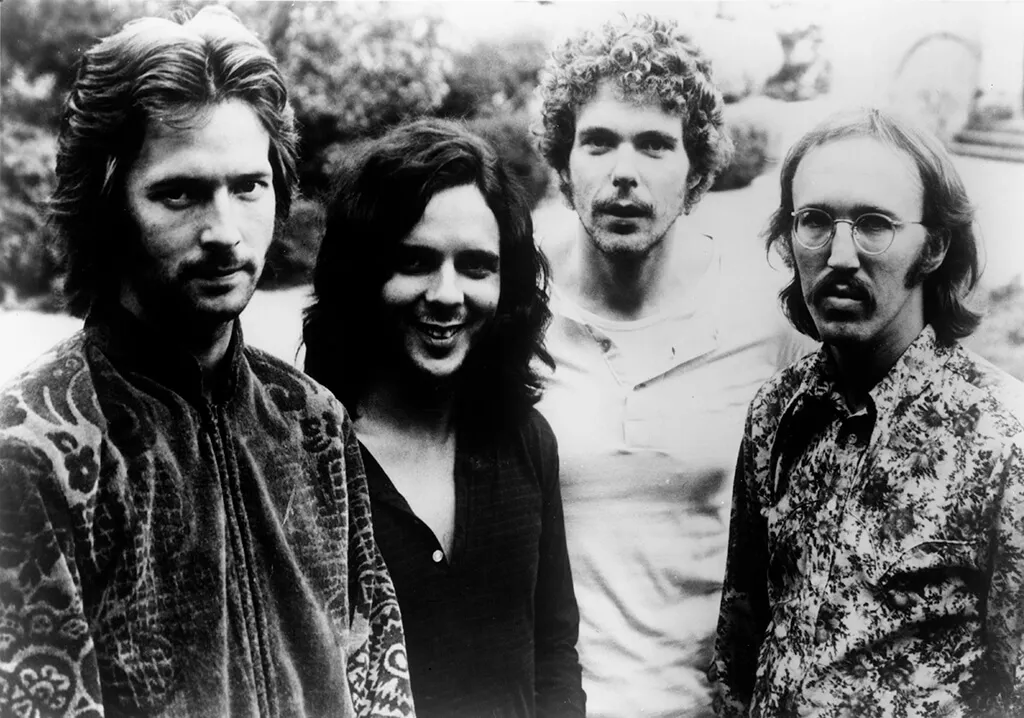
"Layla" was a song written by Eric Clapton and Jim Gordon that was initially released by their blues band Derek and the Dominos. The song was the thirteenth track for their only studio albumLaylaand Other Assorted Love Songs from November 1970.
The song was inspired by a 7th century love story from Arabia that Clapton learned about. However, it was also inspired by Clapton's love for Patti Boyd, wife of his friend and former Beatles member George Harrison. Layla was successful upon its original release and is considered to be one of the greatest rock songs of all time.
"Cat Scratch Fever" - Ted Nugent
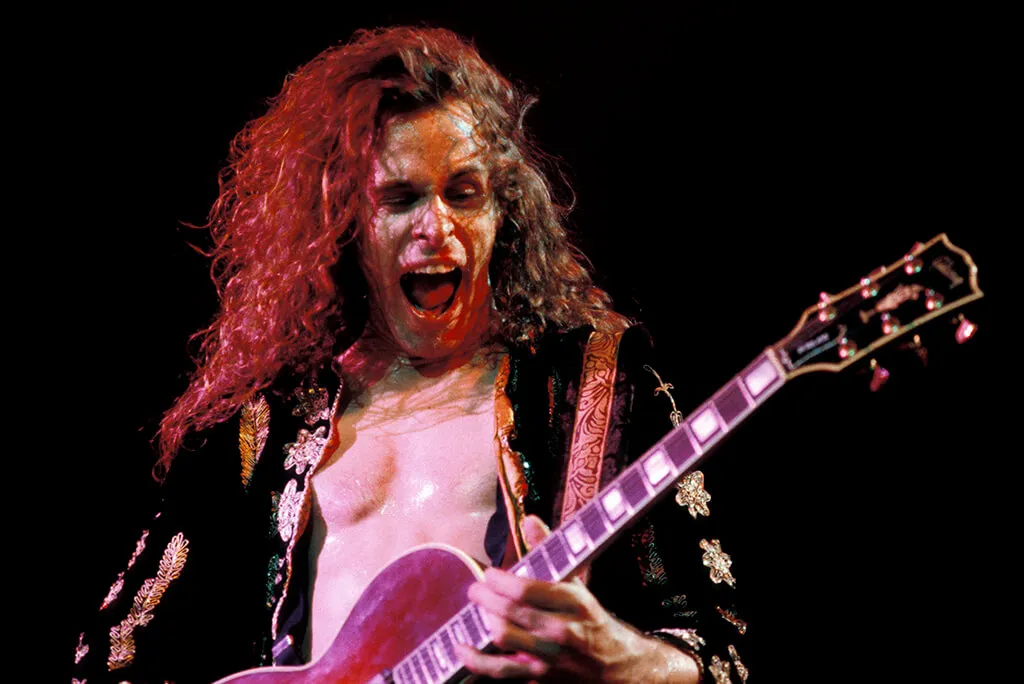
"Cat Scratch Fever" is a song written by rock artist Ted Nugent that was released in Nay 13, 1977 off of the album of the same name. The song is best known for it's simplistic yet effective guitar riff as well as its melody. In 2009, it was ranked as the 32nd best hard rock song of all time by VH1.
The song is about STDs which most people tend to not fully understand. However, the song was popular, and it made it onto the Billboard Hot 100 chart in the United States at No. 30. Pretty good for a rather inappropriate song.
"Please Come To Boston" - Dave Loggins
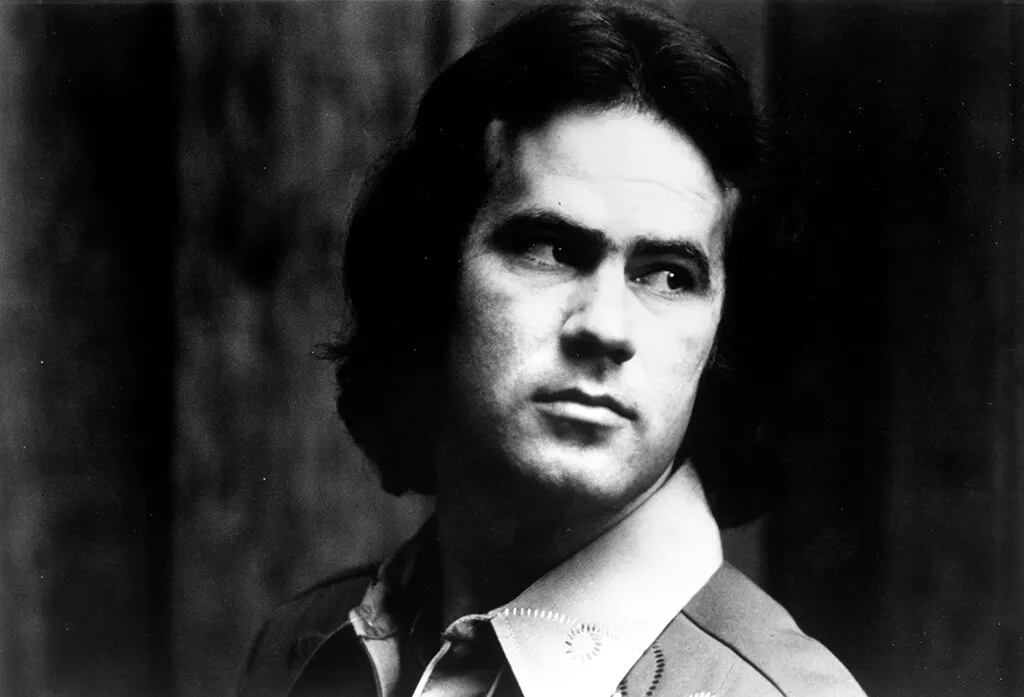
"Please Come Back to Boston" is a song that was written and recorded by singer-songwriter David Loggins. It was released as his first single on his album Apprentice (In a Musical Workshop) in 1974. Produced by Jerry Crutchfield, it stayed at No. 5 on the Billboard Hot 100 chart for two weeks, and one week at the top of the Billboard Easy Listening Chart.
At that time, it was also nominated for a Grammy for the Best Male Pop Vocal Performance. Over the years, the song has been covered by mostly country artists, most notably David Allen Coe and Joan Baez.
"Cruel To Be Kind" - Nick Lowe
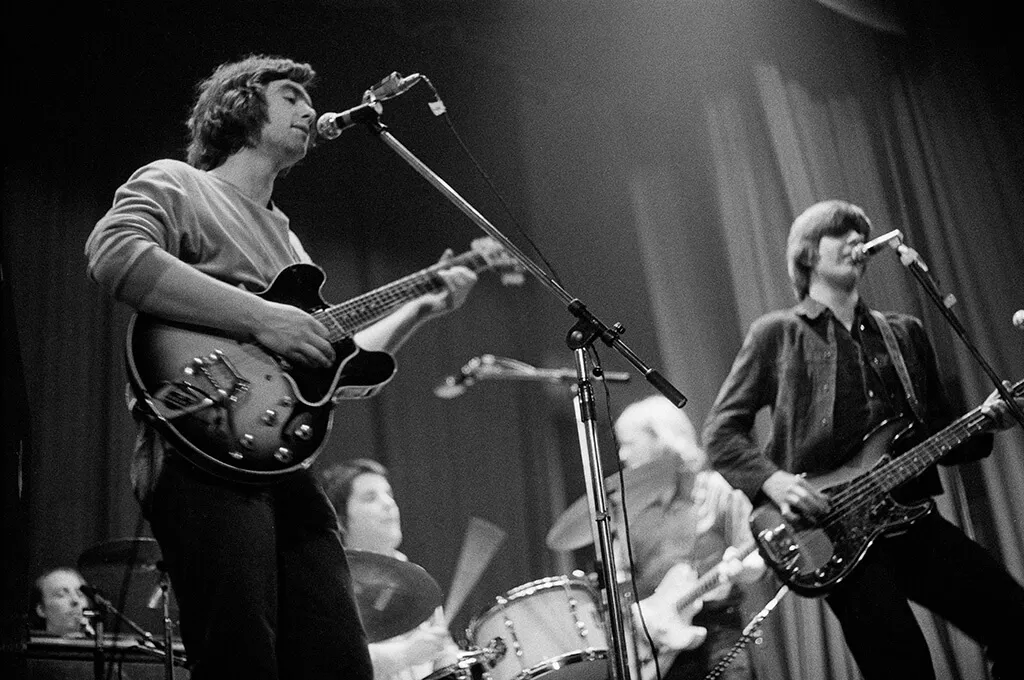
"Cruel To Be Kind" is a song by Nick Lowe released as a single in 1979. The song is co-written by Lowe and former bandmate Ian Gomm. It peaked at No 12 in both the United Kingdom and the United States in the summer, as well as Canada, Australia, and New Zealand. It is one of Lowe's most popular works in the United States and is his only song to make it onto the Top 40 chart.
As it turns out, the song was written while in a former band, with Lowe stating that "I wrote that when I was with a band, Brinsley Schwarz, that I was with from the early '70s to about the mid-'70s. ... We recorded it on a demo, it never came out, and when I signed to Columbia Records the A & R man (Gregg Geller) there at the time suggested I record it again. And I didn’t think it would do anything, but he kind of bullied me into it."
"I've Got The Music In Me" - The Kiki Dee Band
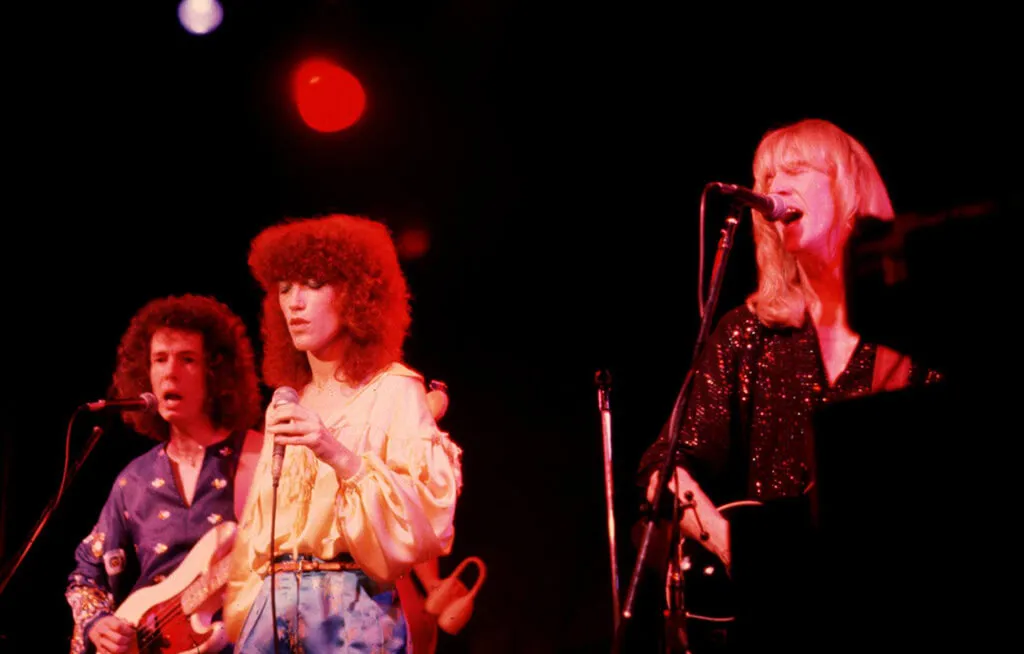
Released in 1974, "I've Got the Music in Me" is a song by The Kiki Dee Band. The hit song was written by Bias Boshell, Kiki Dee's keyboardist at the time. The song reached the UK Singles Chart in September 1974 where it peaked at No. 19 and stayed there for eight weeks straight.
In the United States on the Billboard pop chart, the song reached to be No. 12 on October 19, 1974. However, the song did even better in Canada and peaked at spot No. 9.
"Lovin' You" - Minnie Riperton
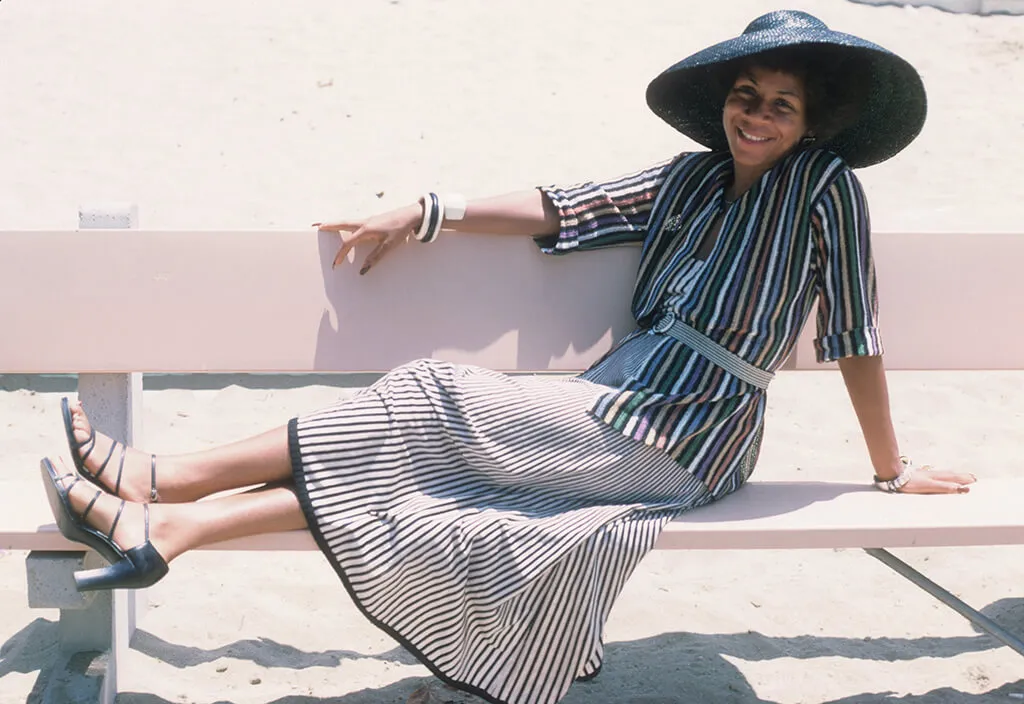
"Lovin' You is a hit single by Minnie Riperton from her album Perfect Angel in 1974. The song was a hit single and was written by Riperton and Richard Rudolph, it was produced by Stevie Wonder and Rudolph and the single was released in 1975.
On April 5, 1975, the album reached the No. 1 spot on the US Billboard Hot 100, No. 2 on the UK Singles chart, and No. 3 on the Billboard R&B chart. The song remains popular today, and is ranked as the No. 13 song of all of 1975.









